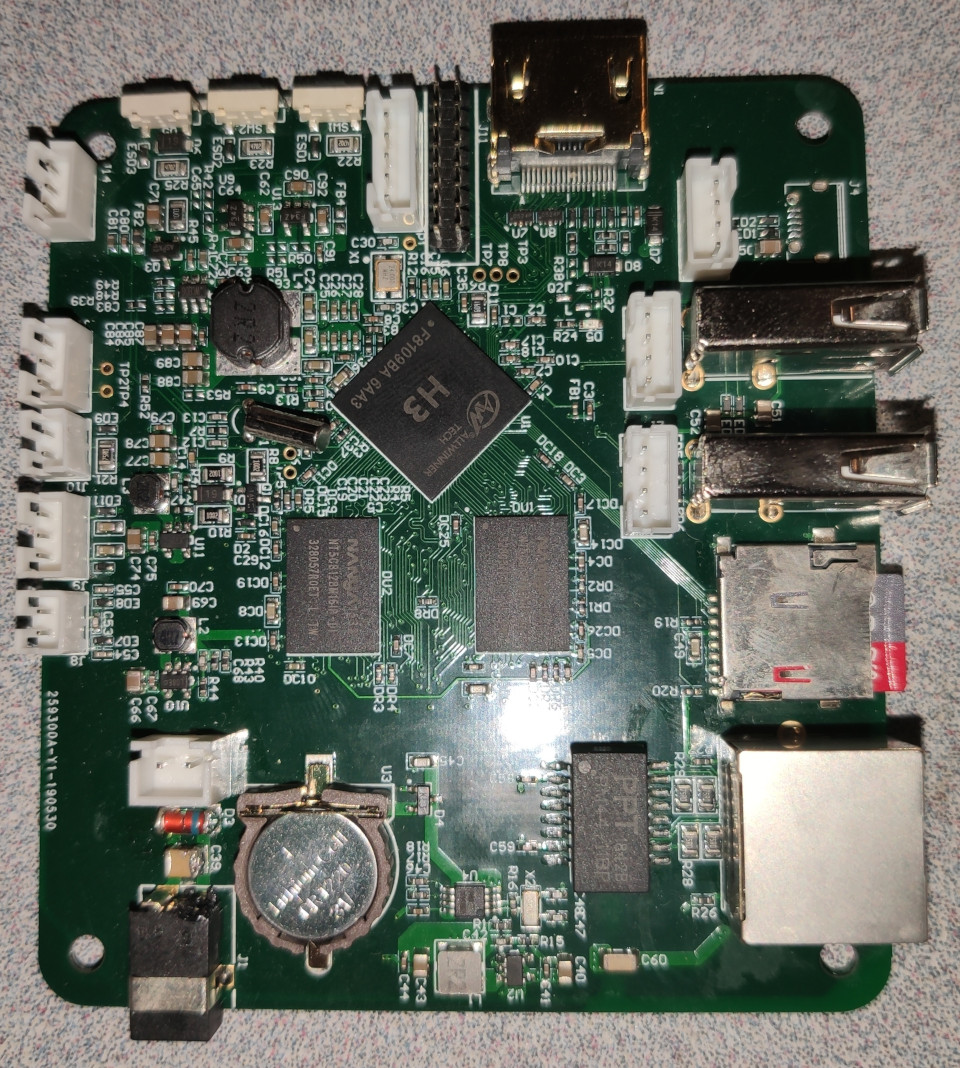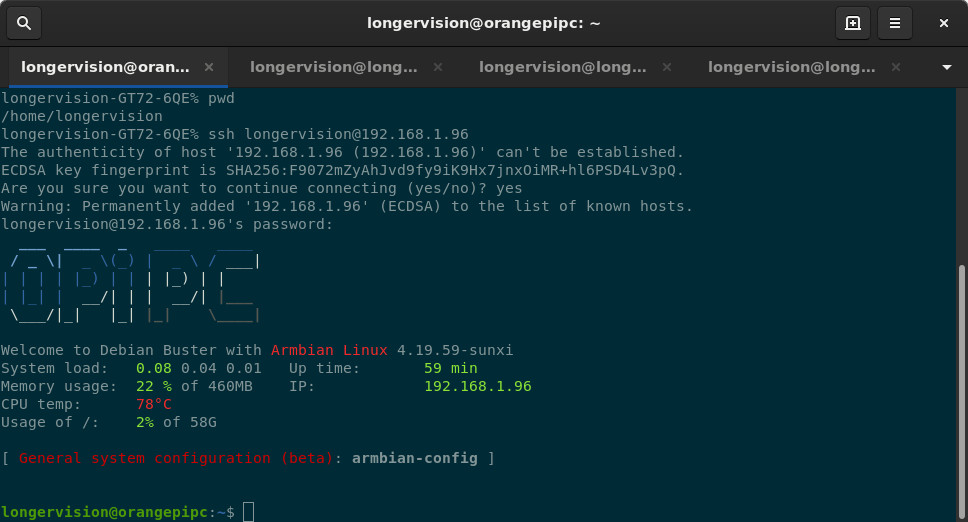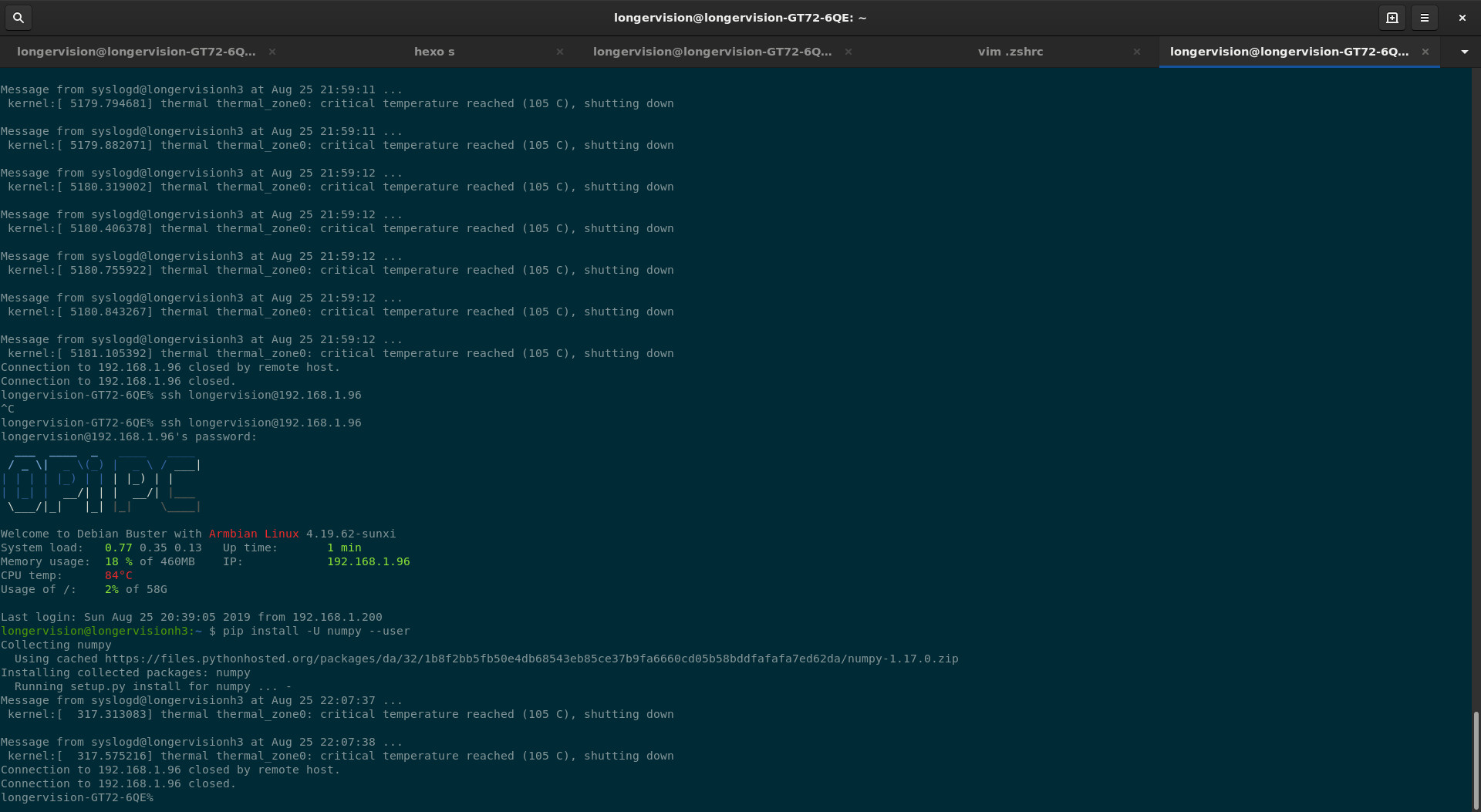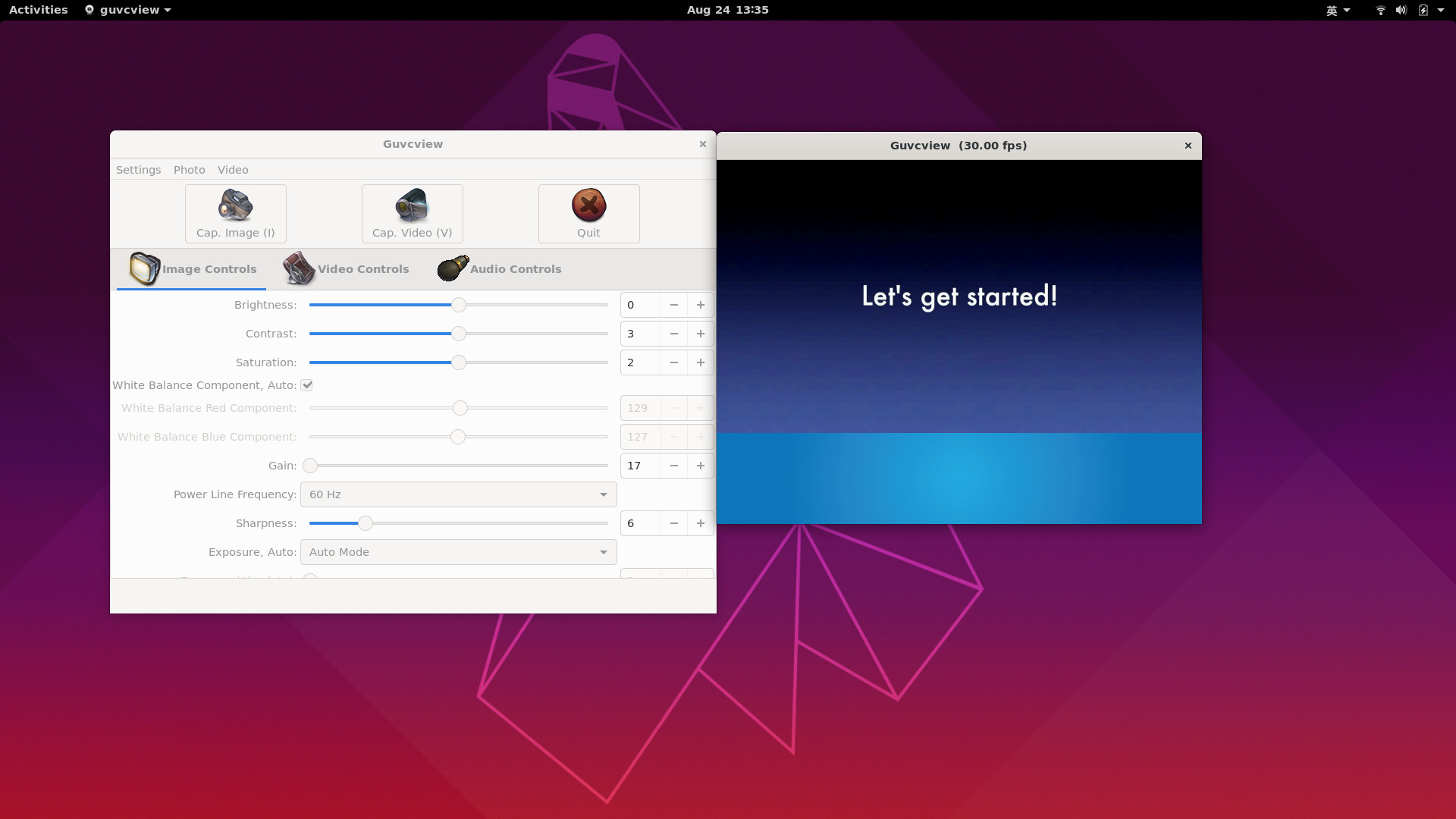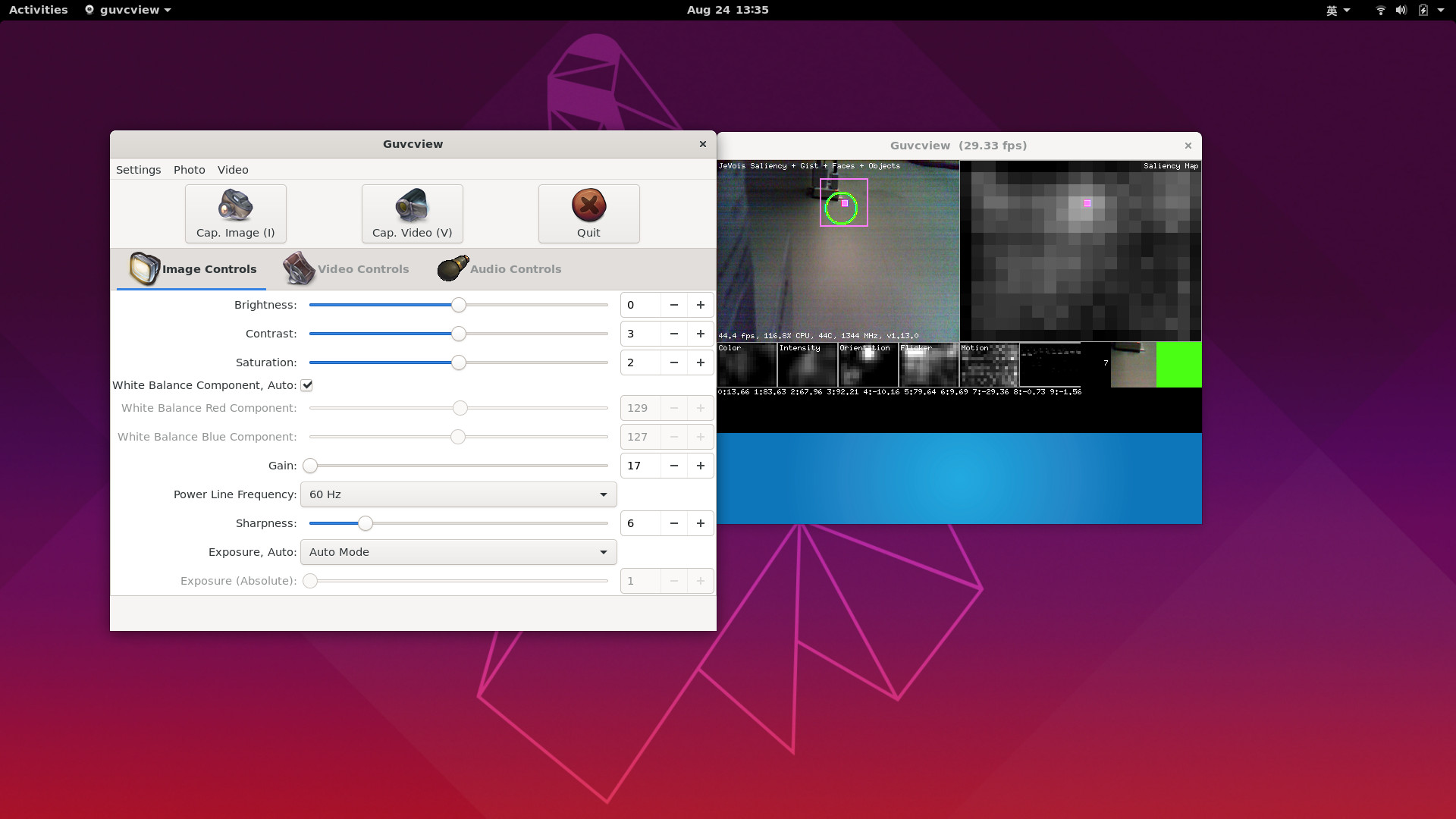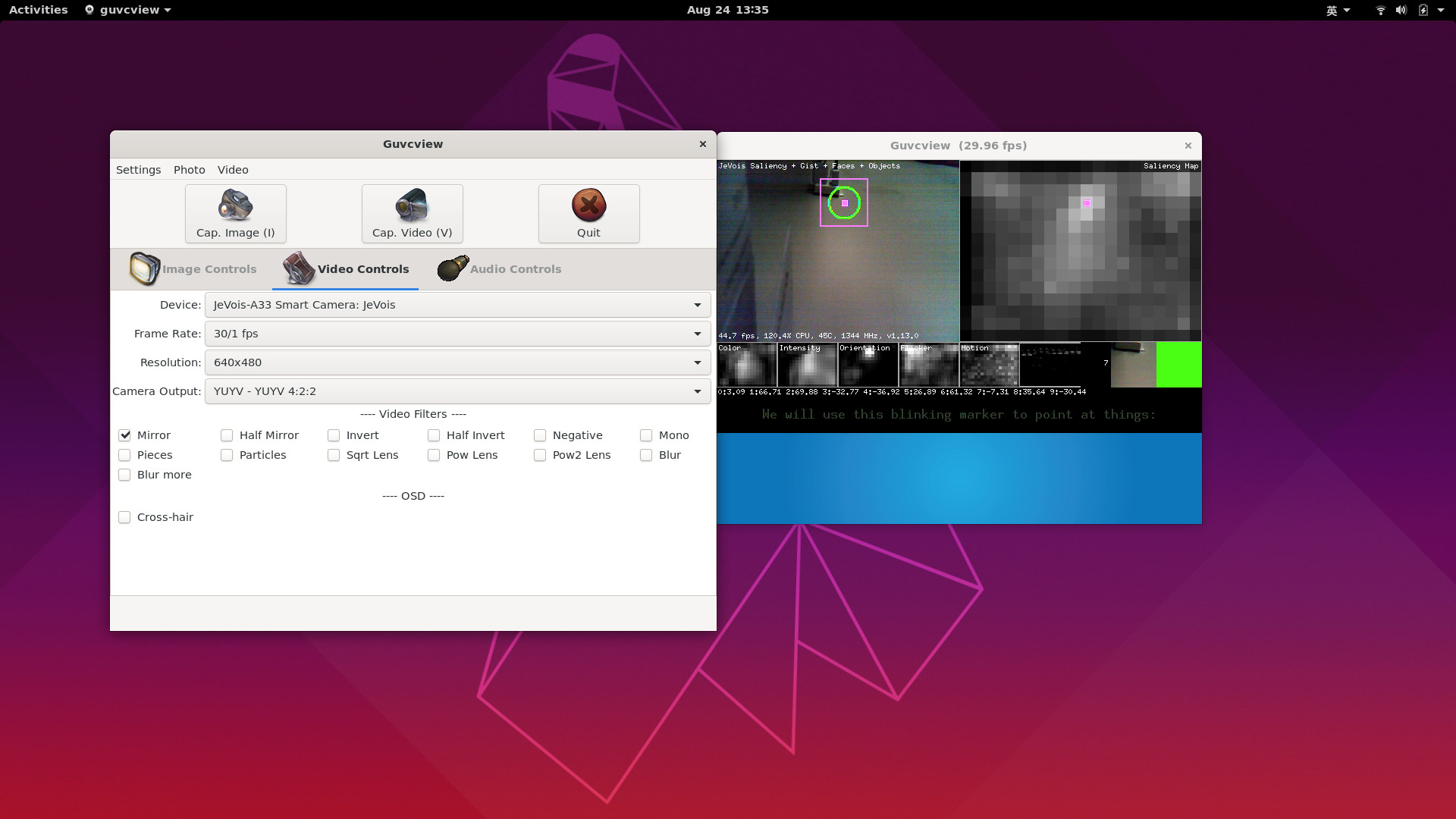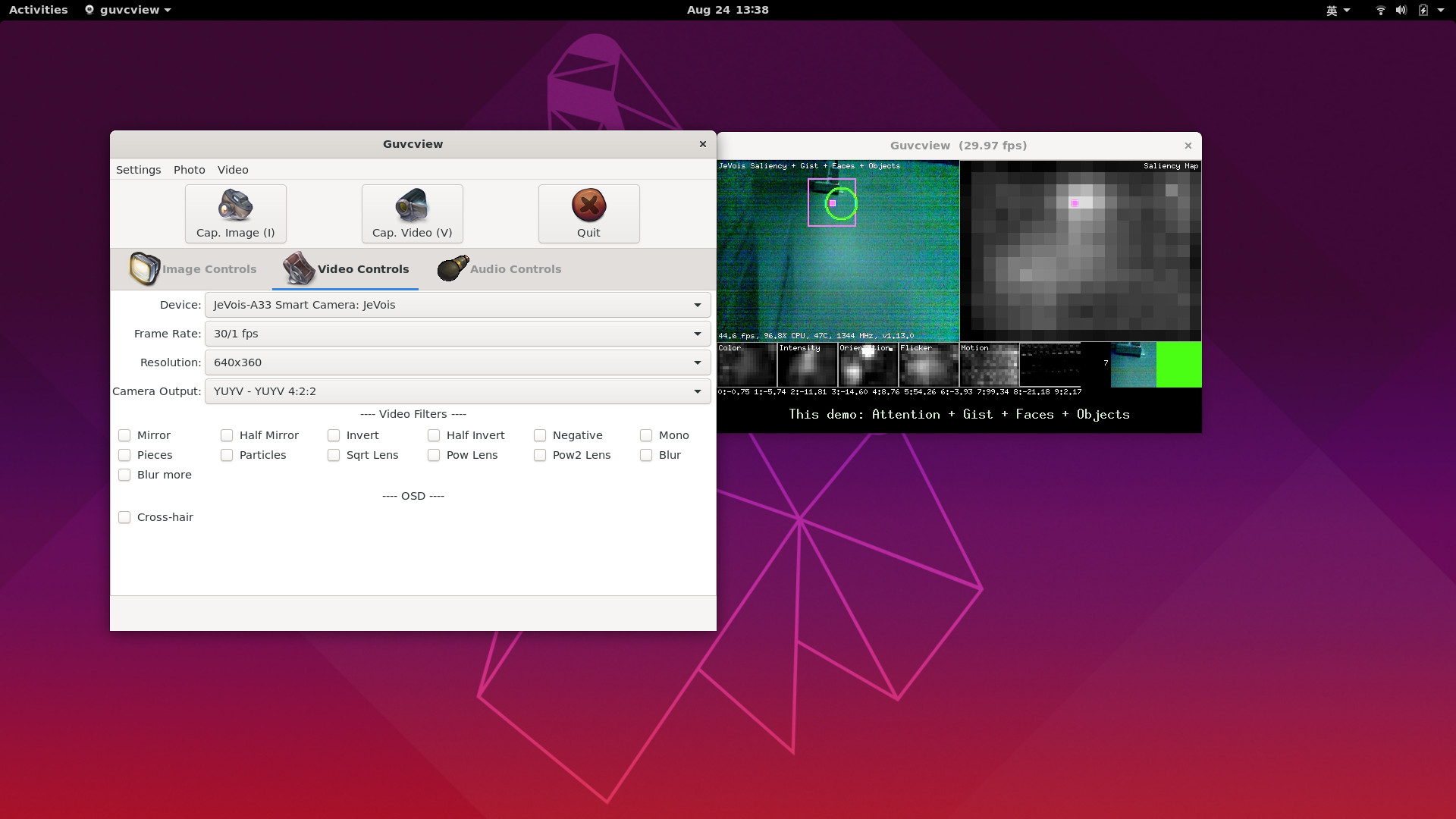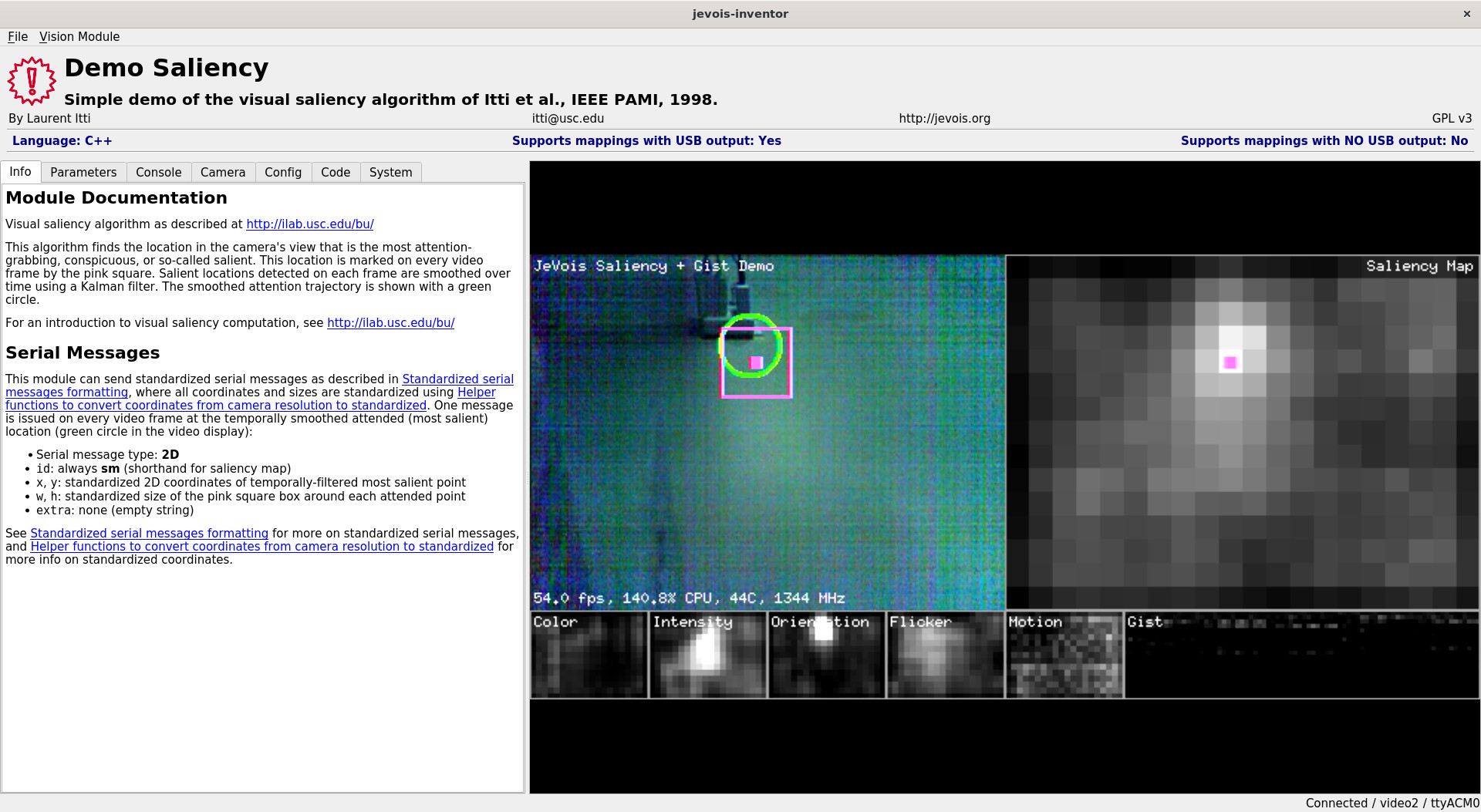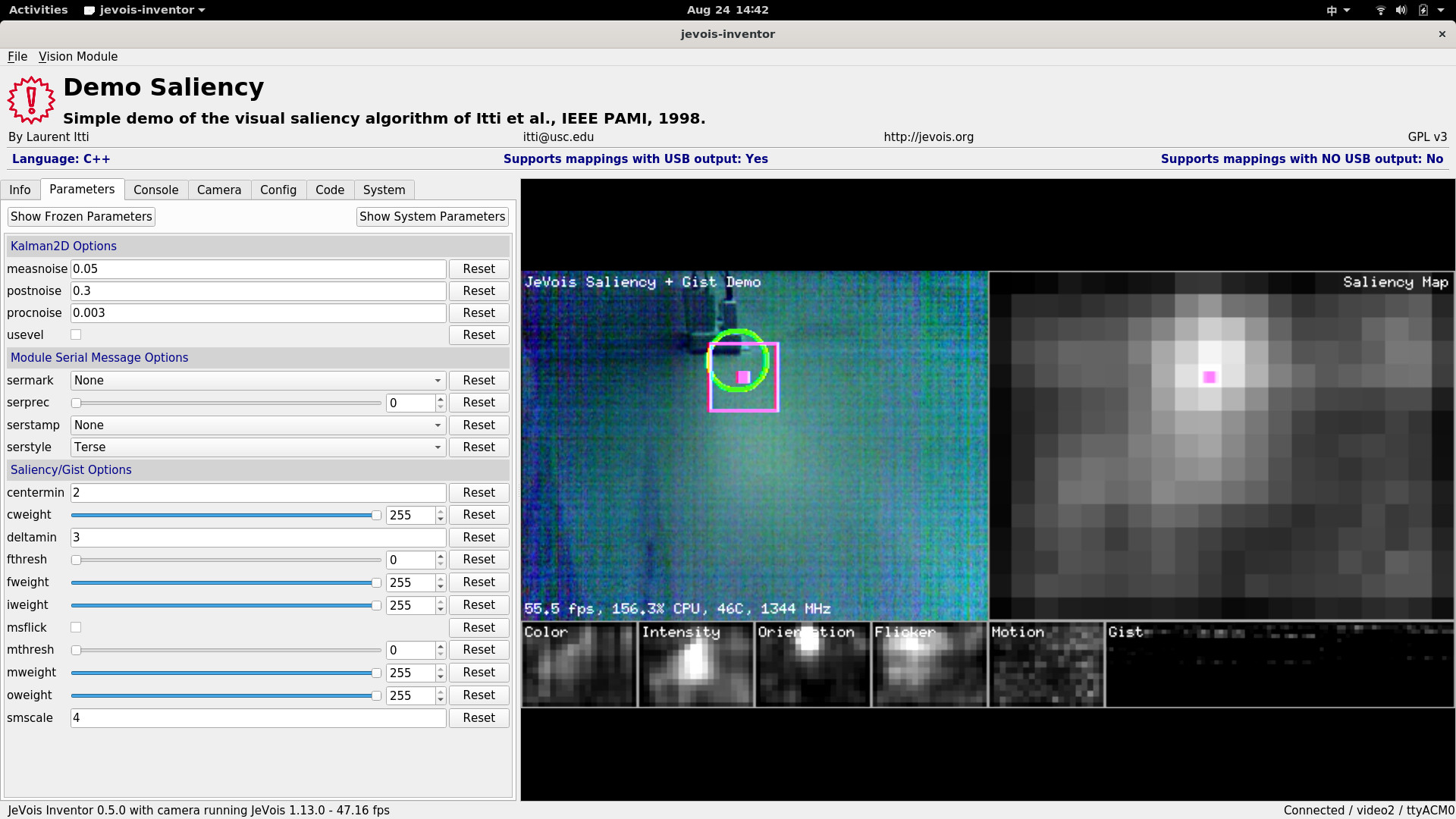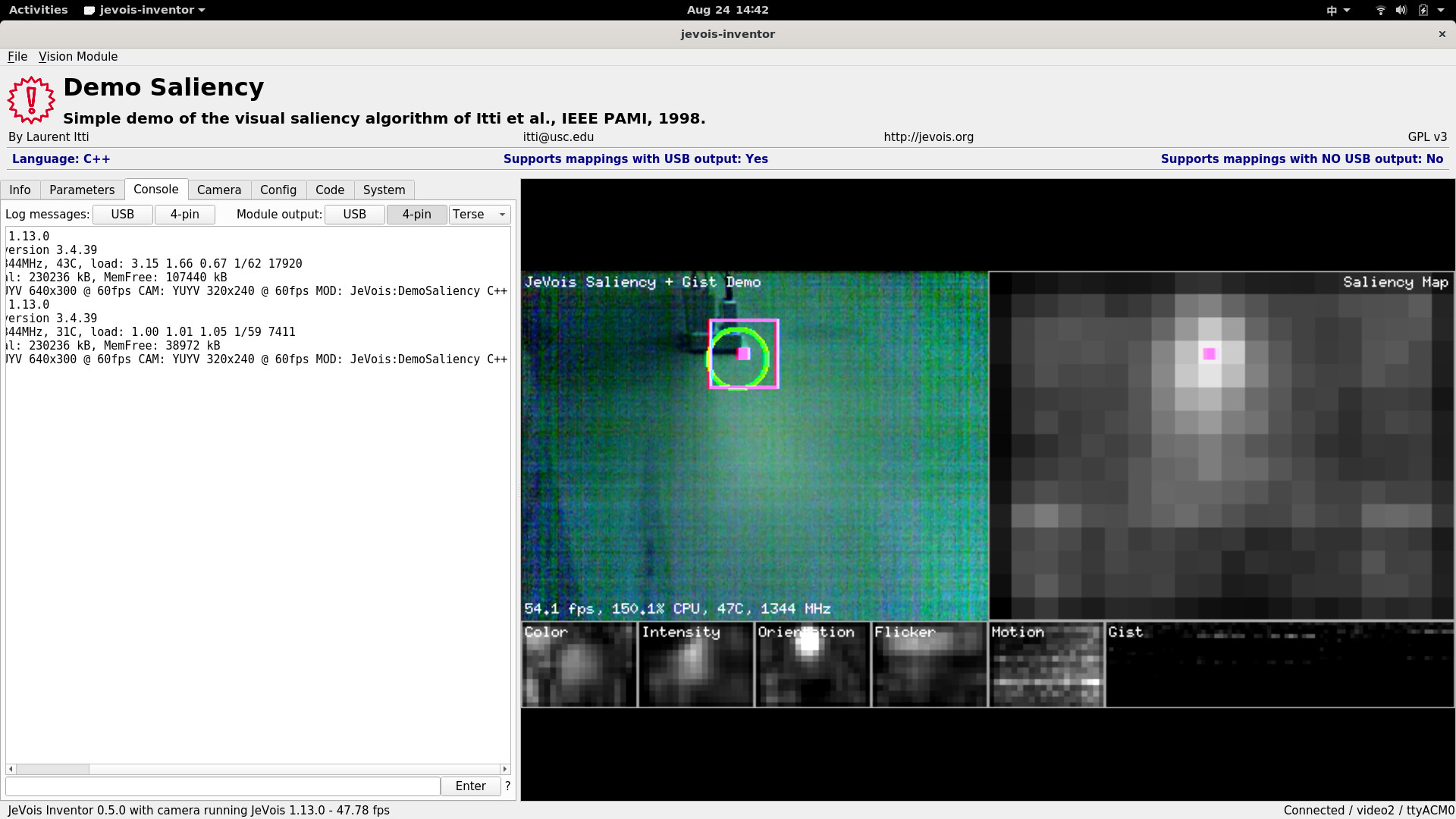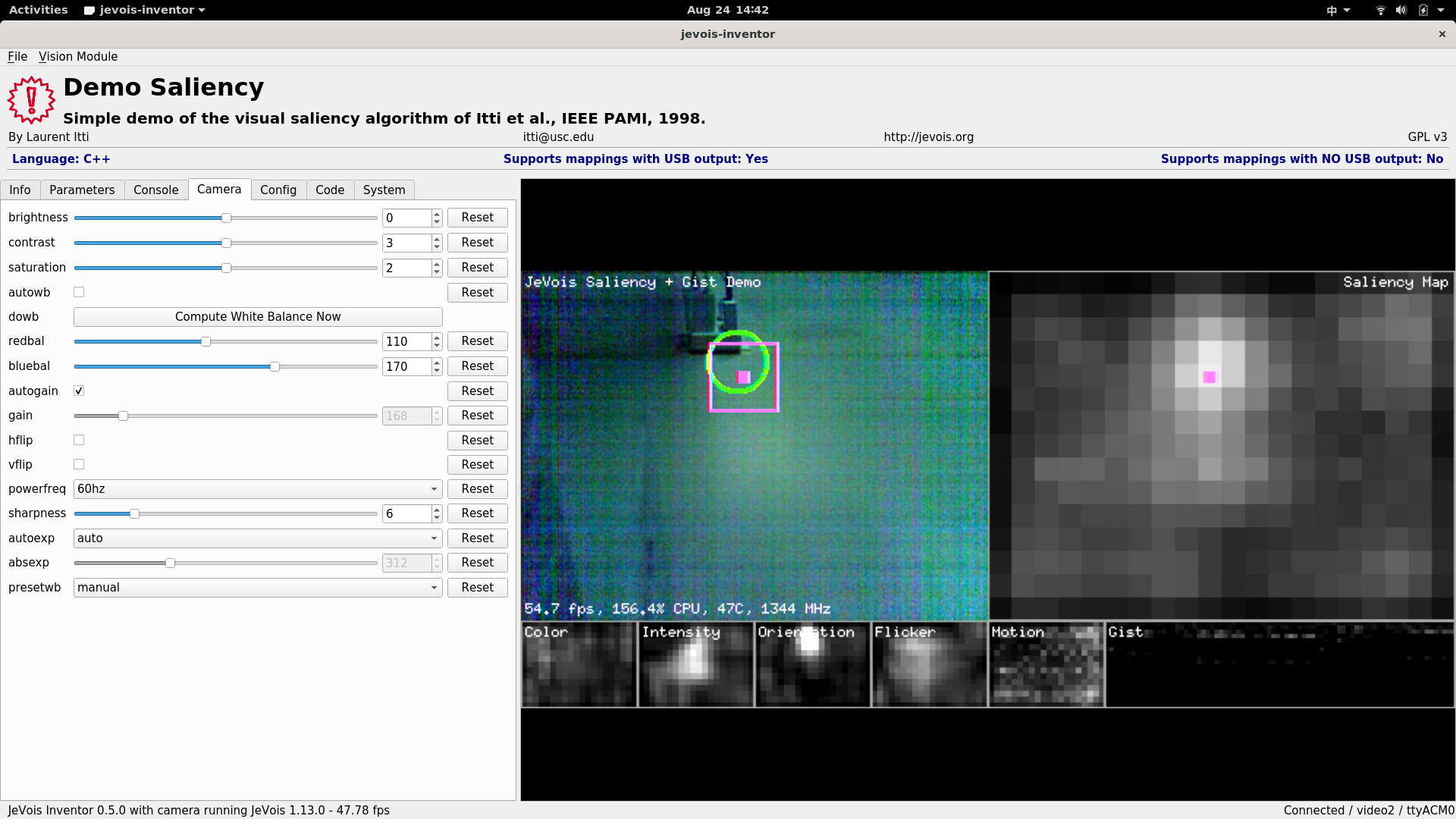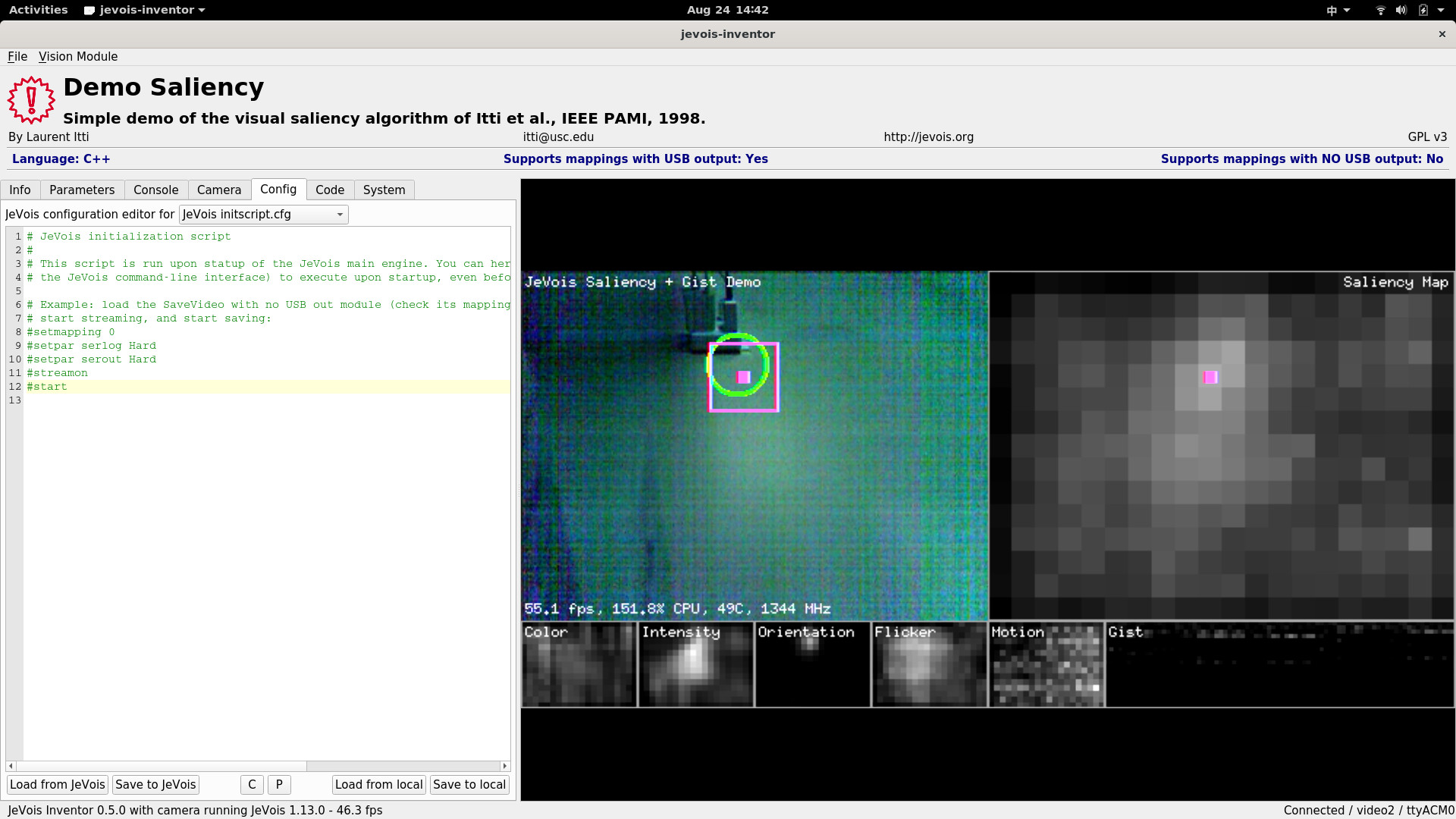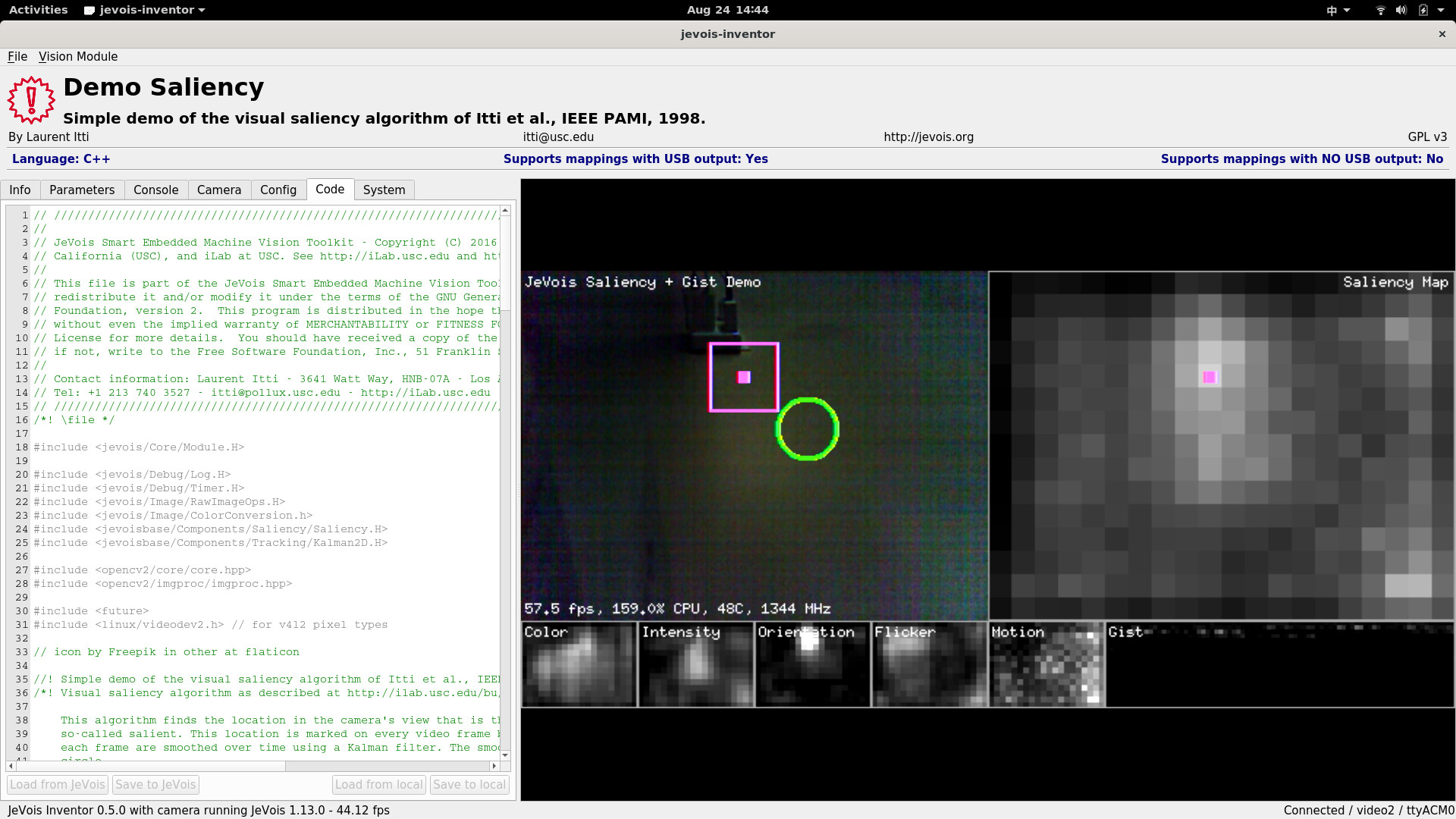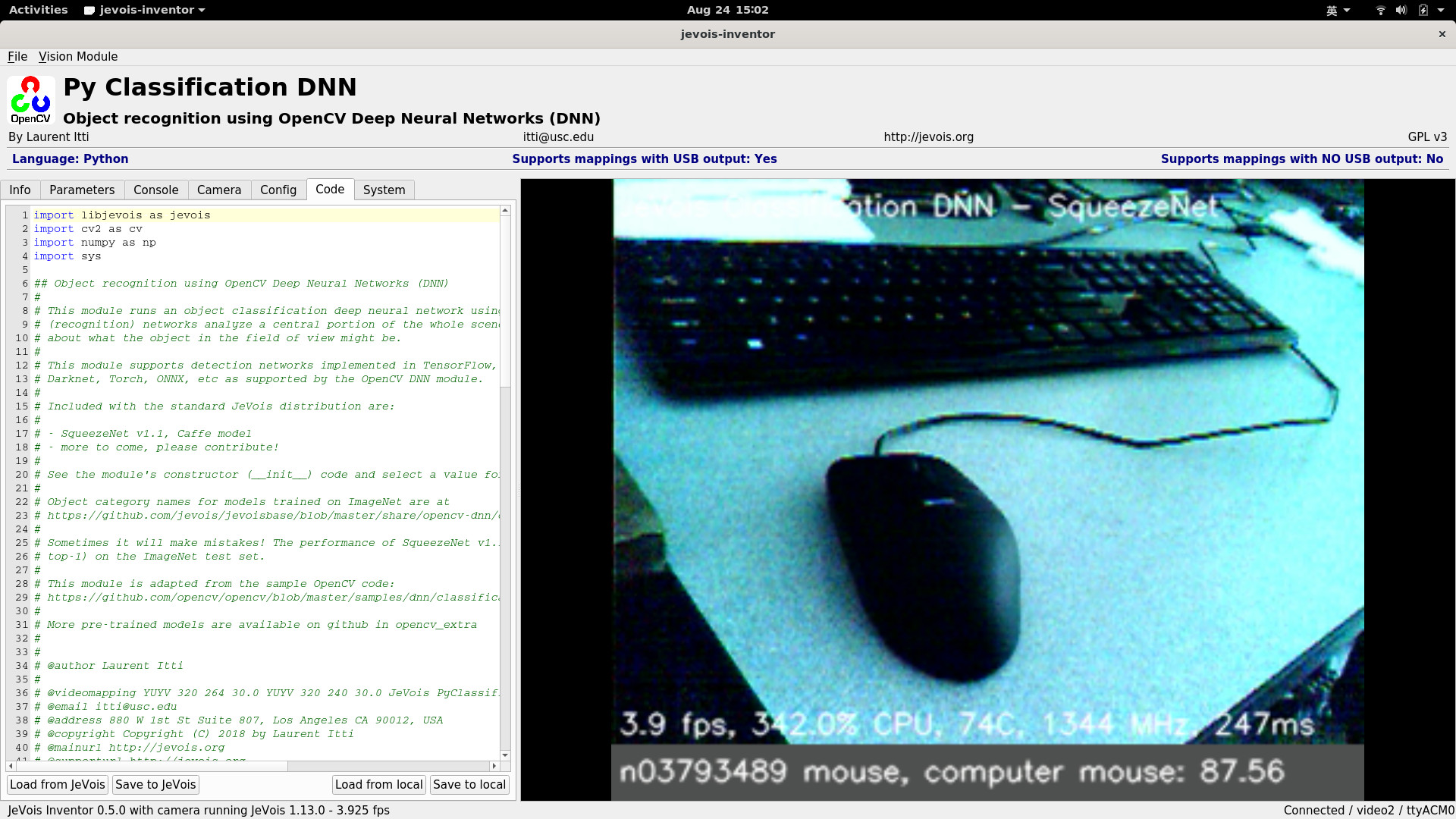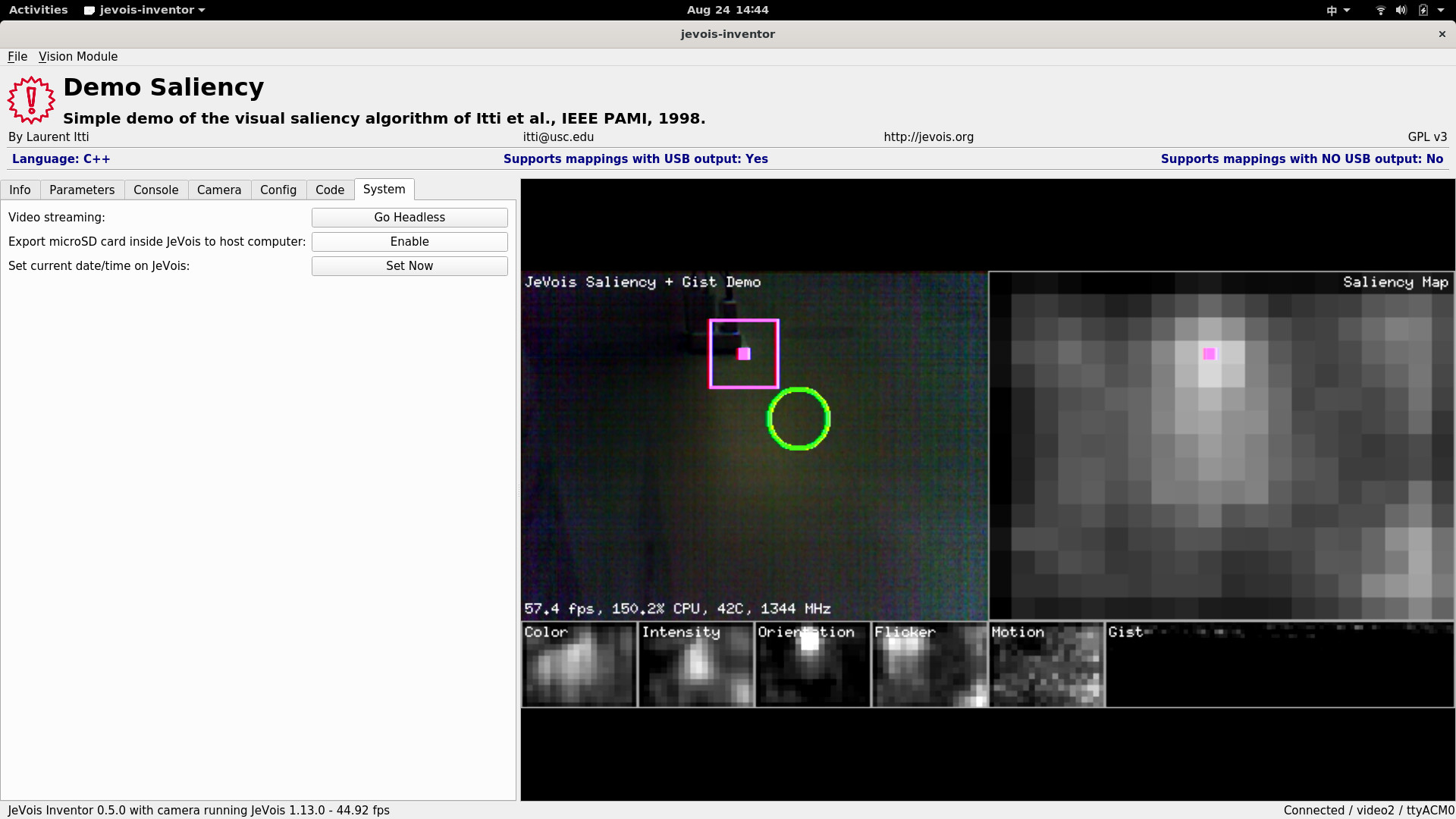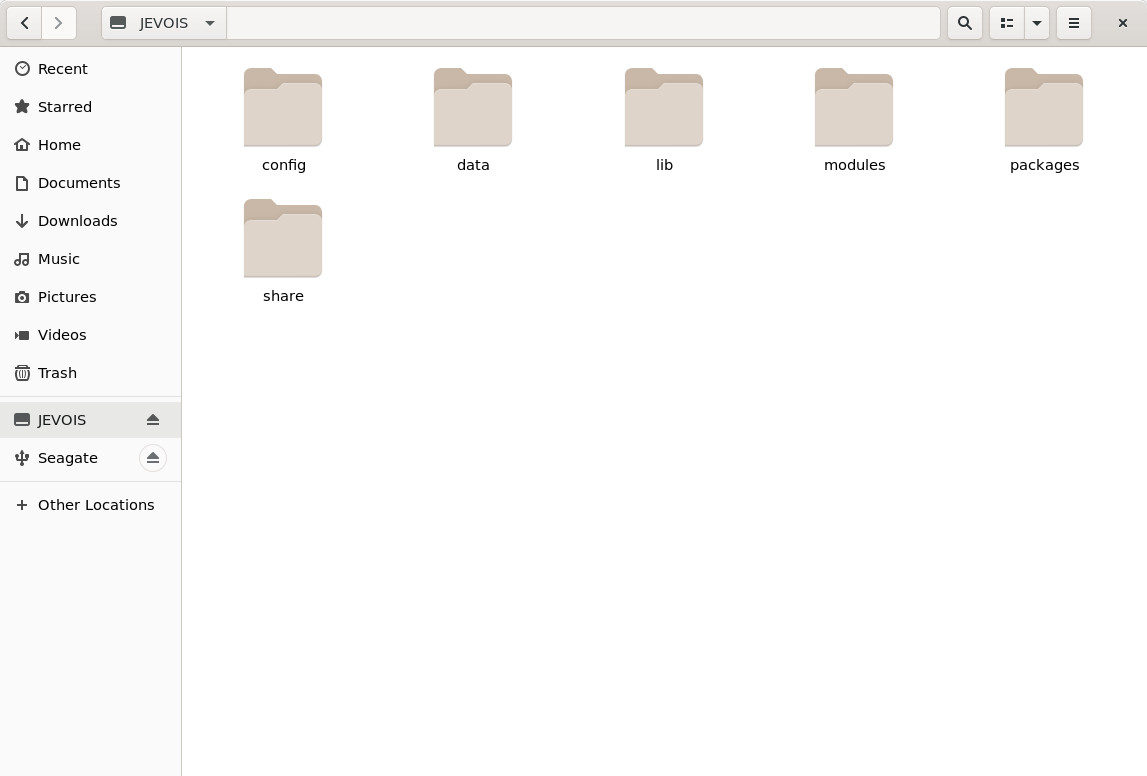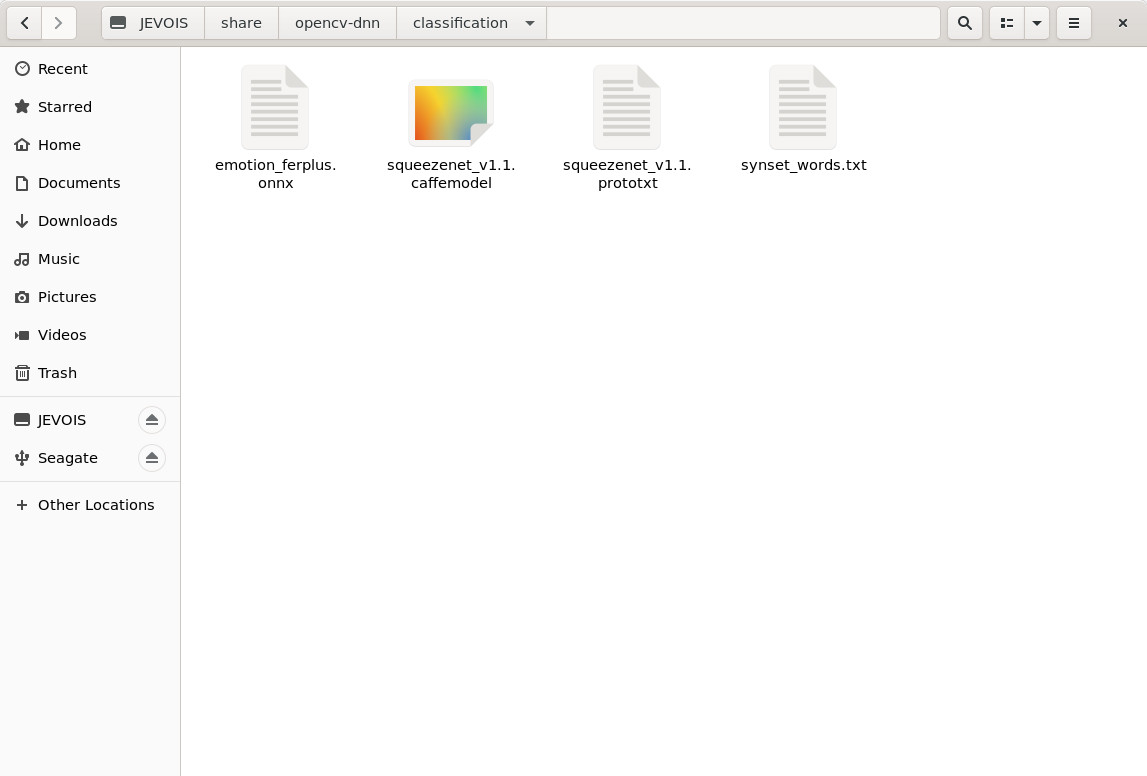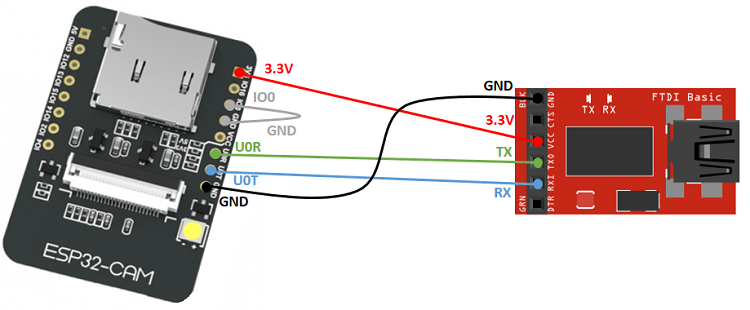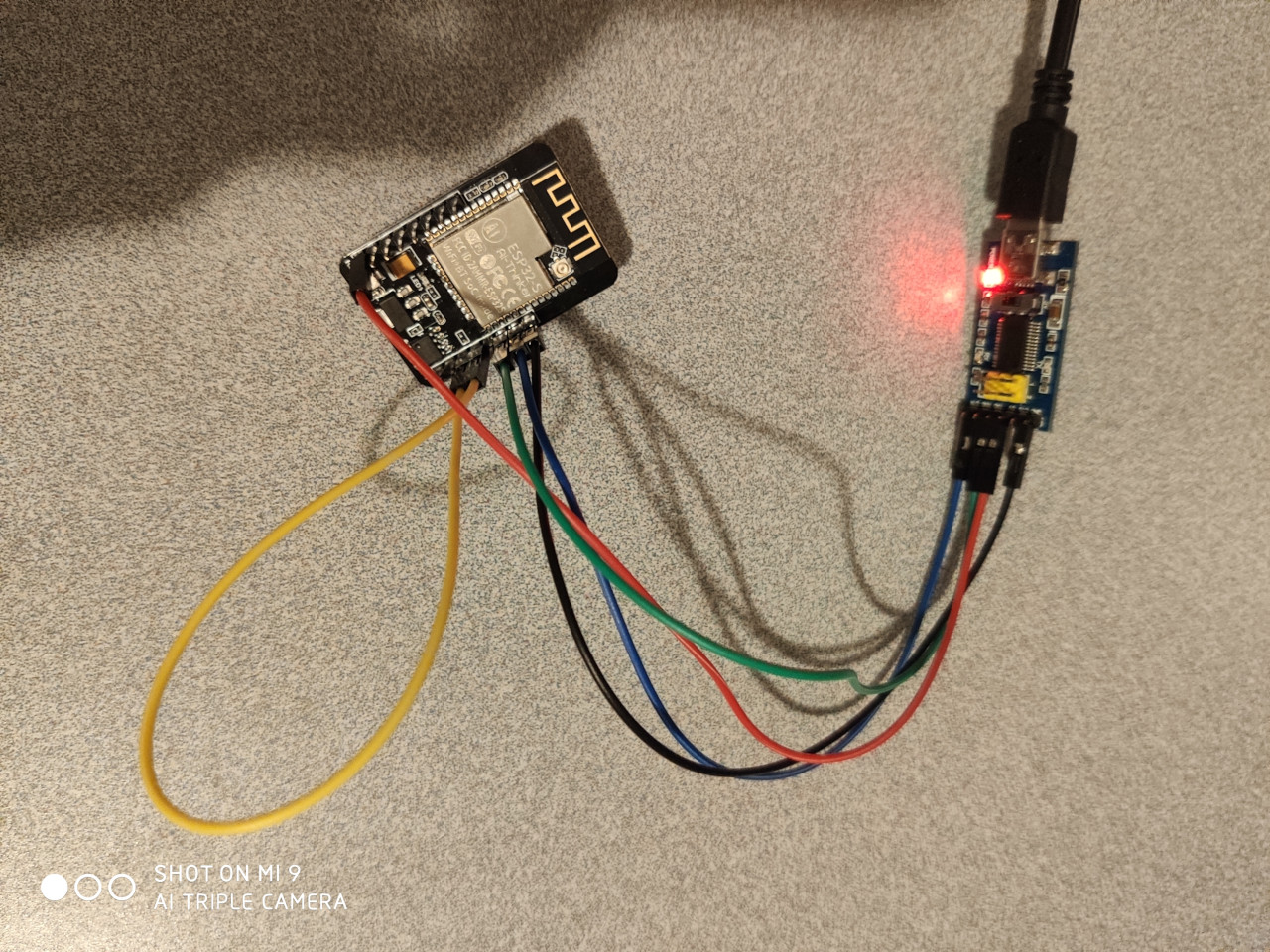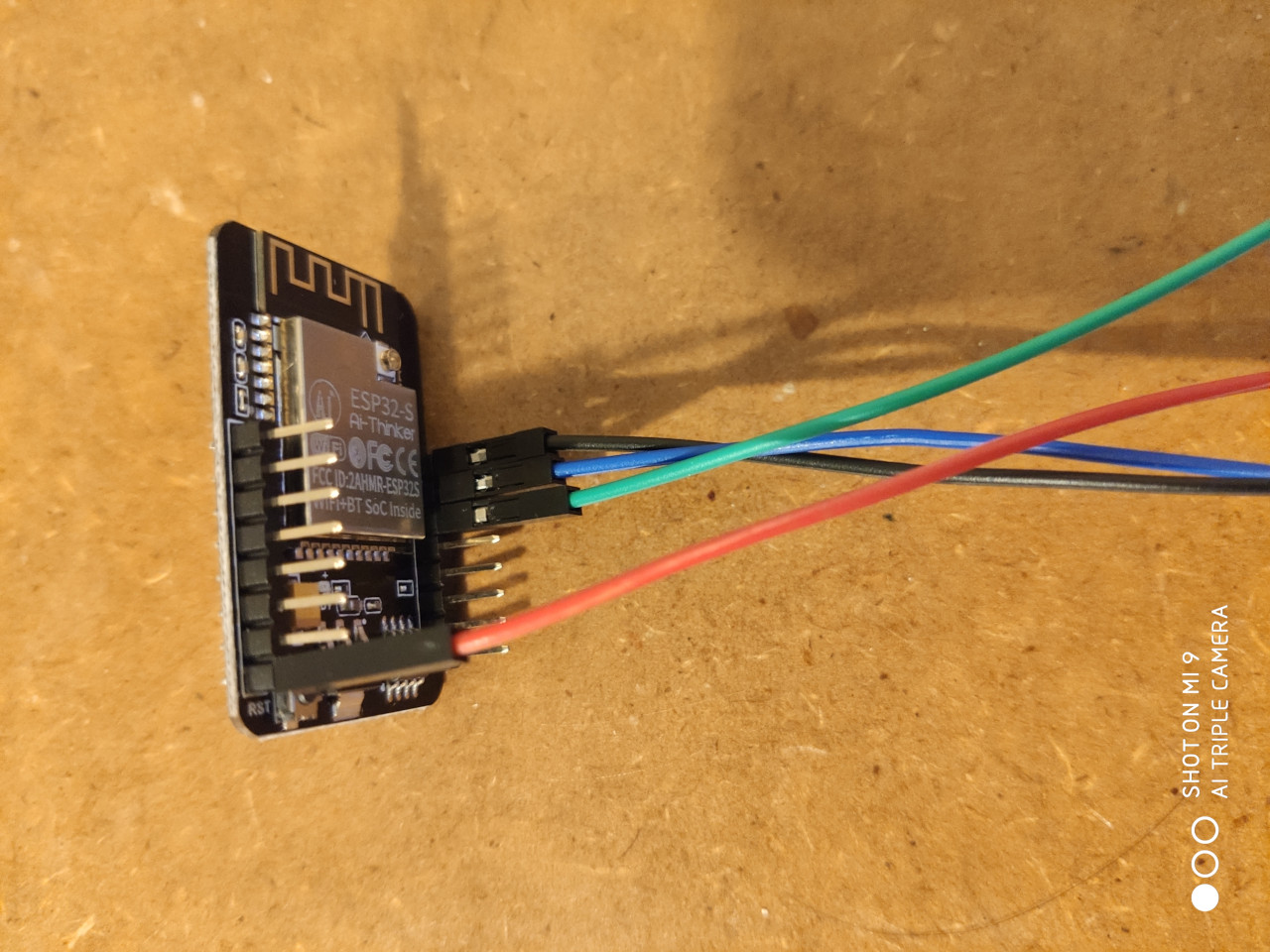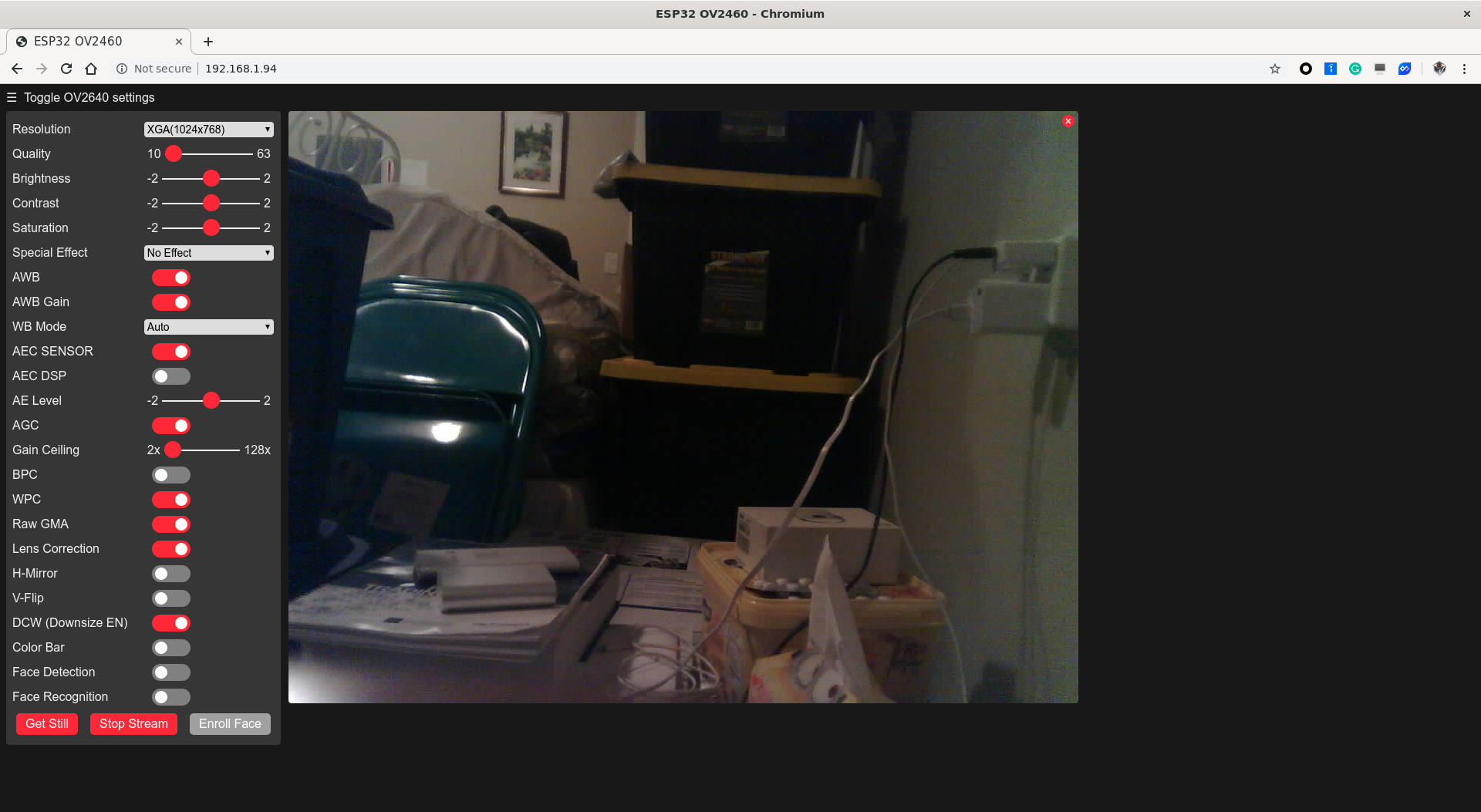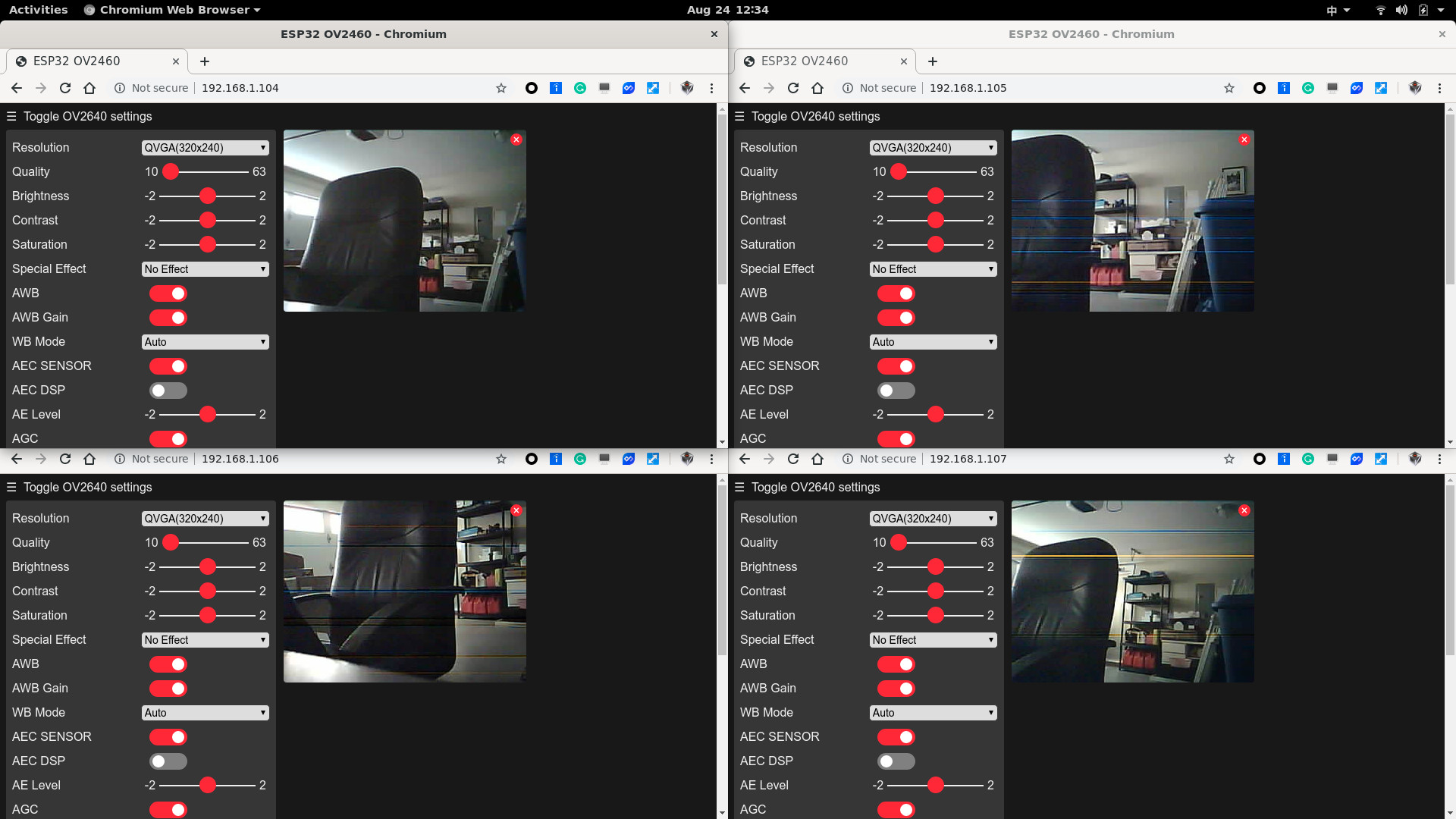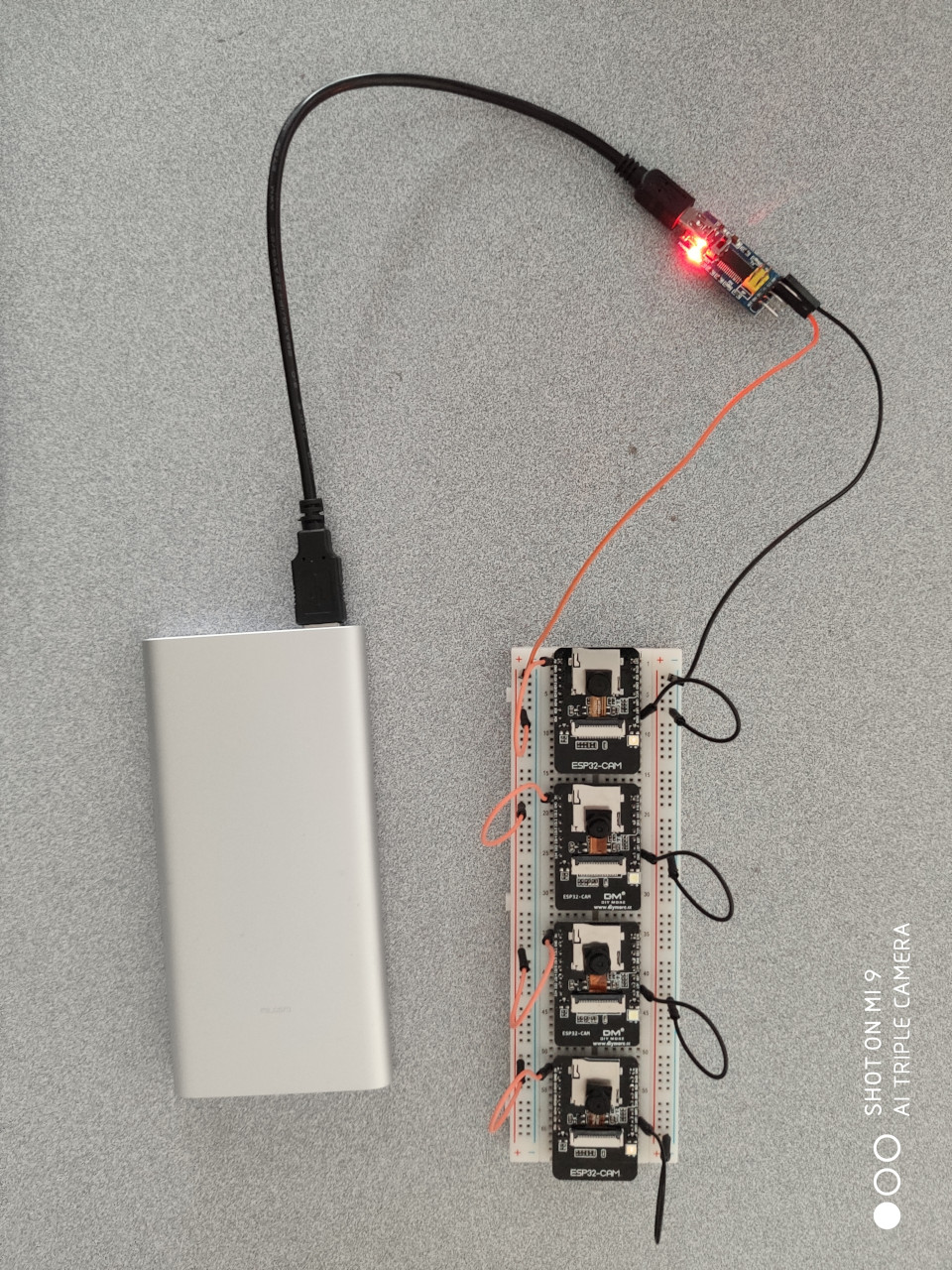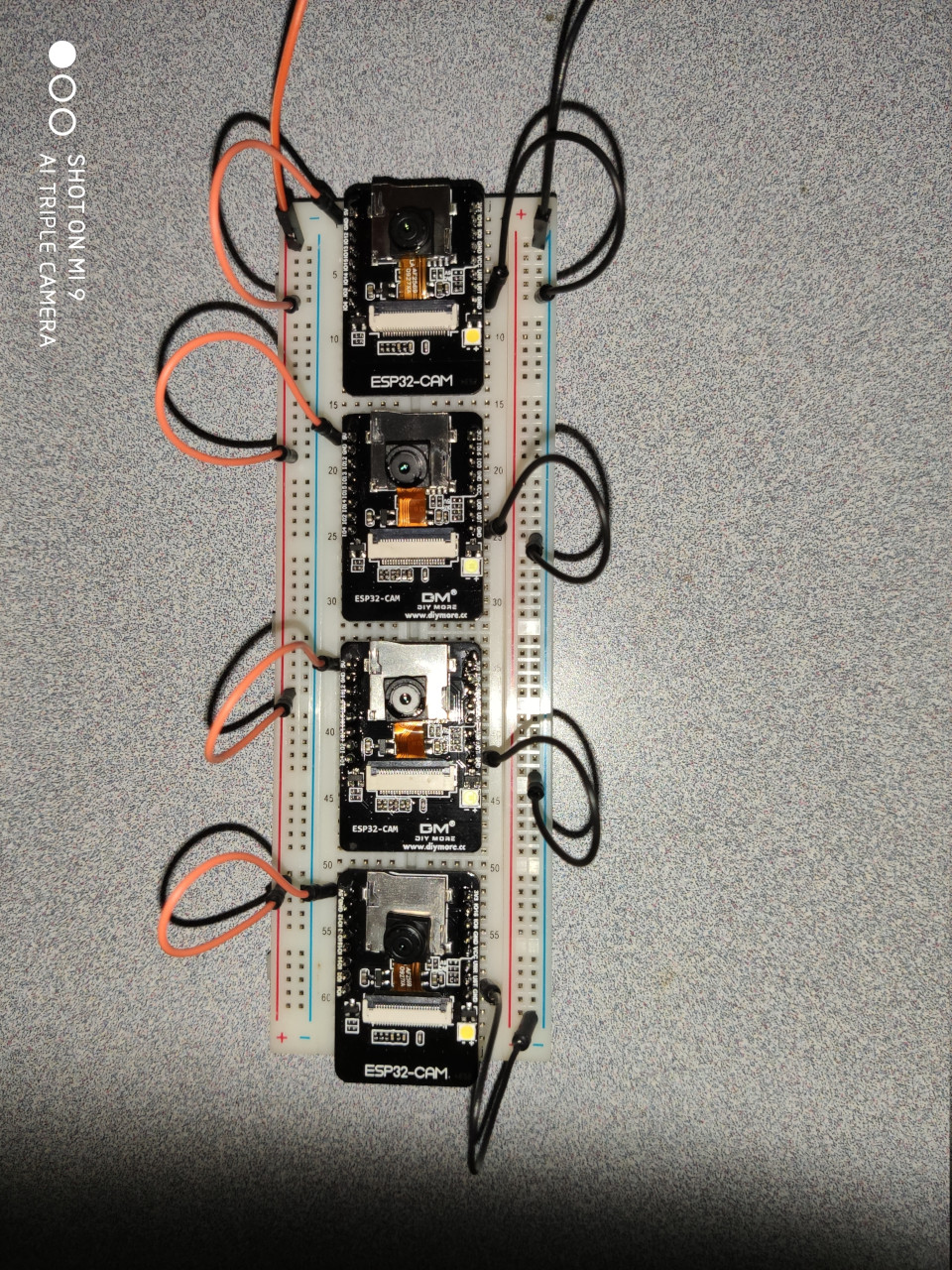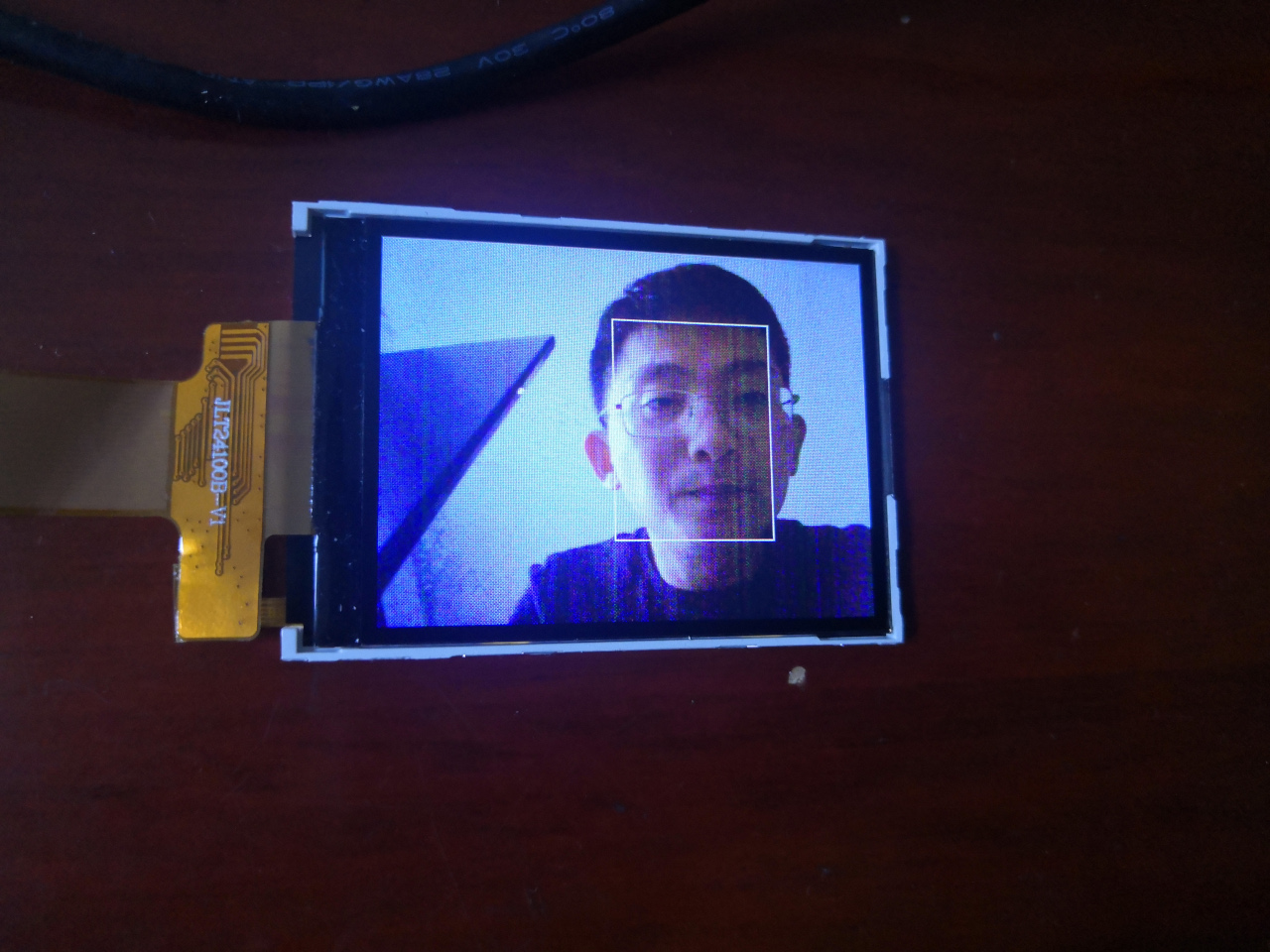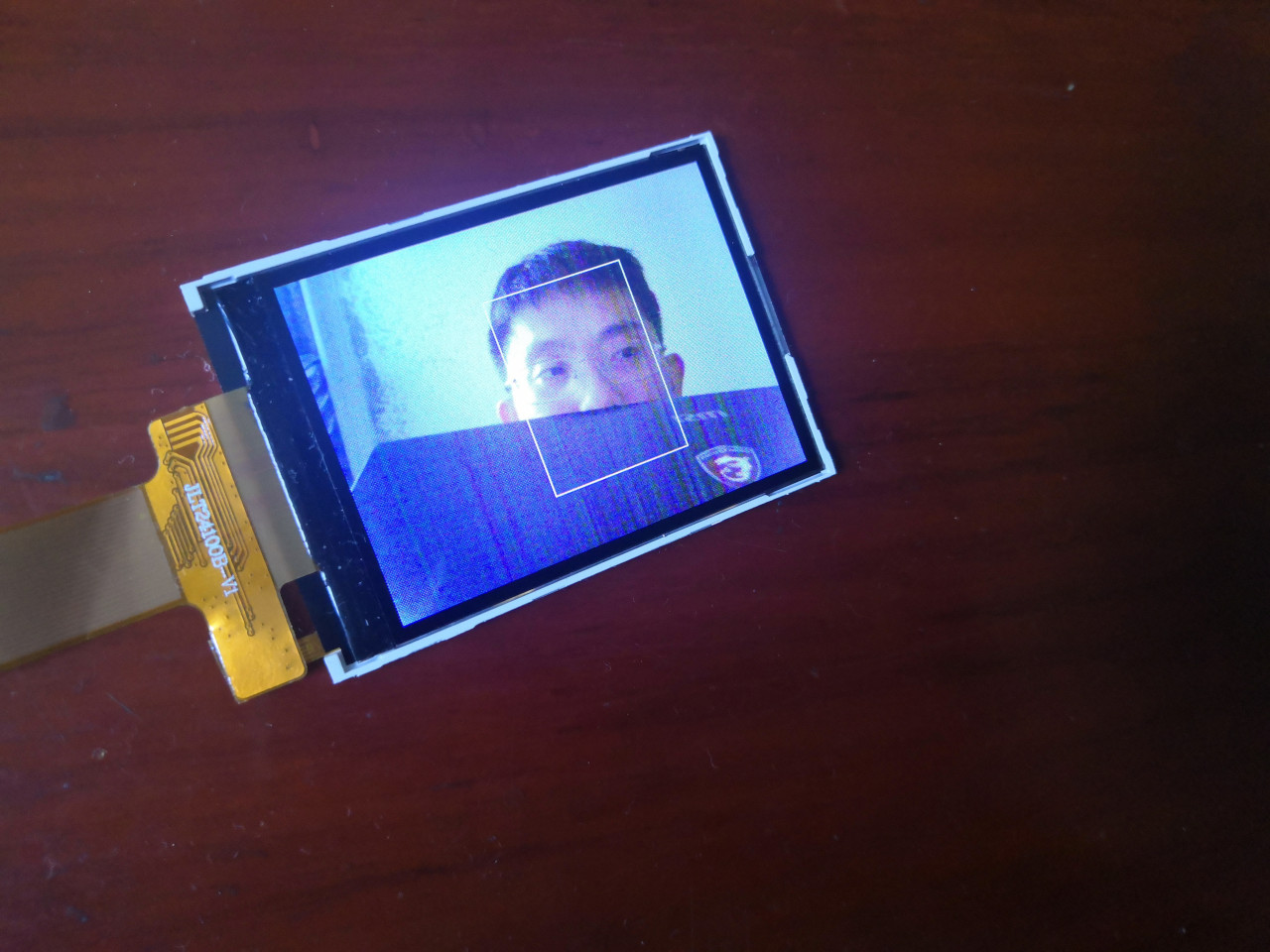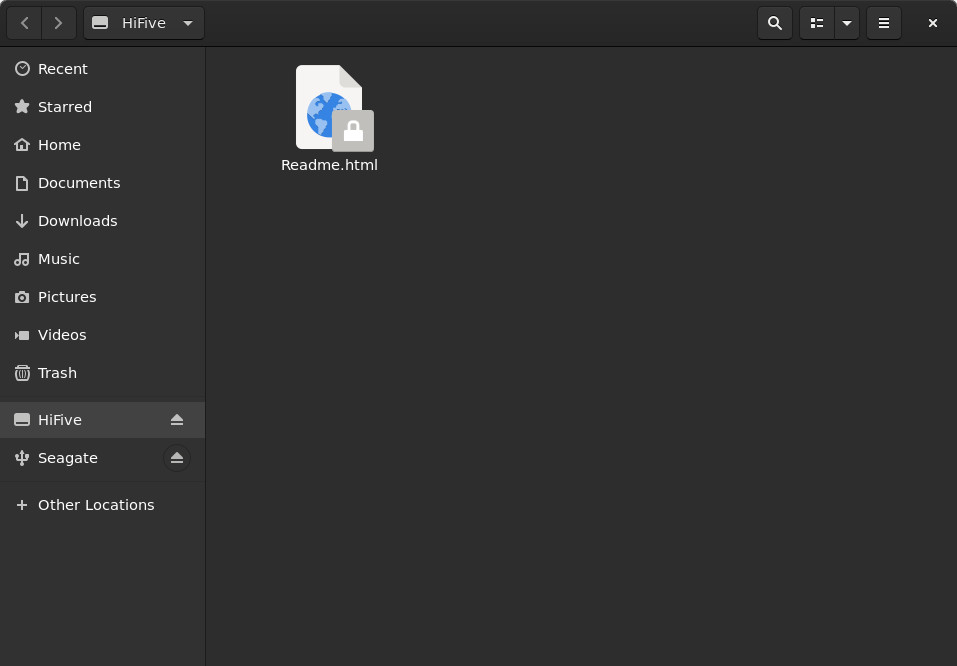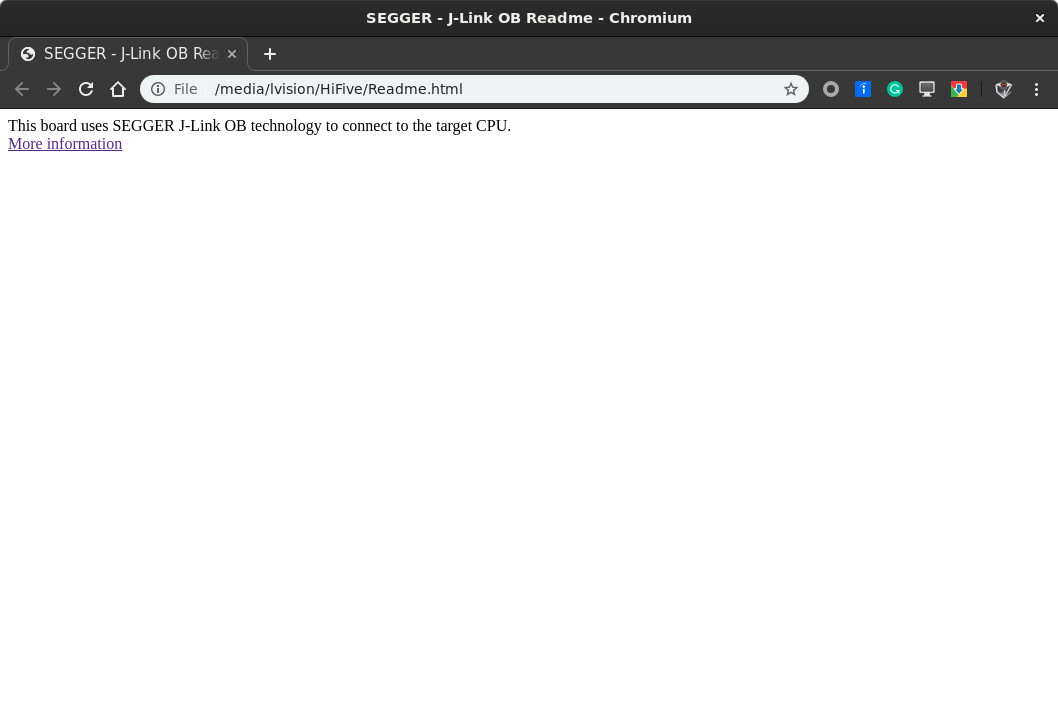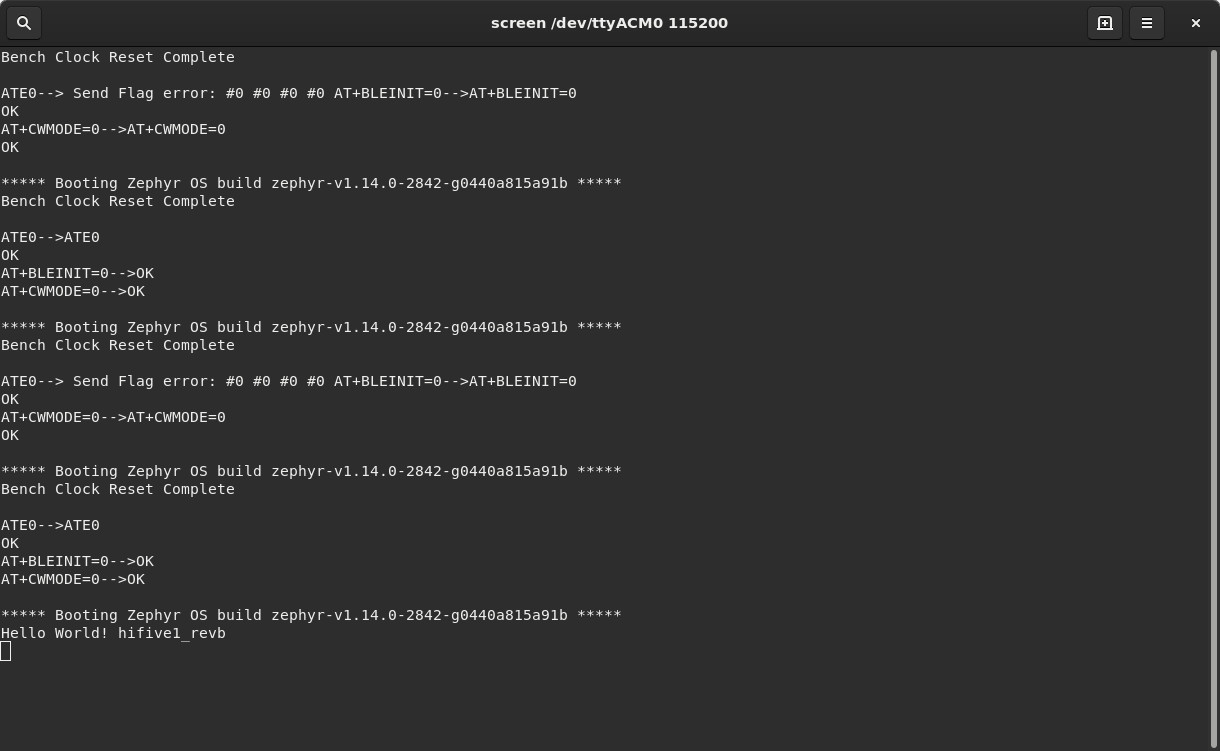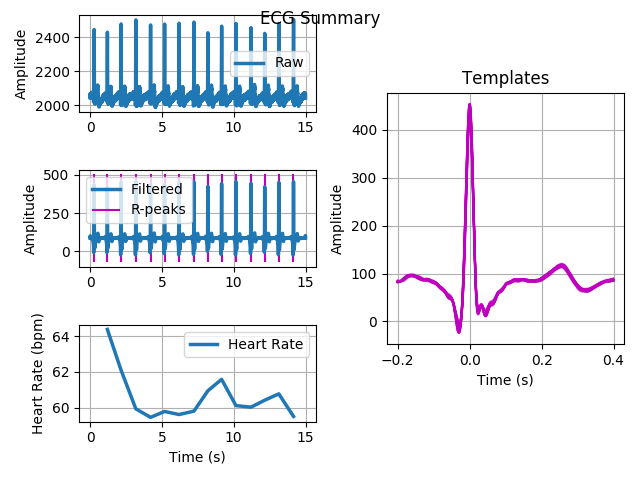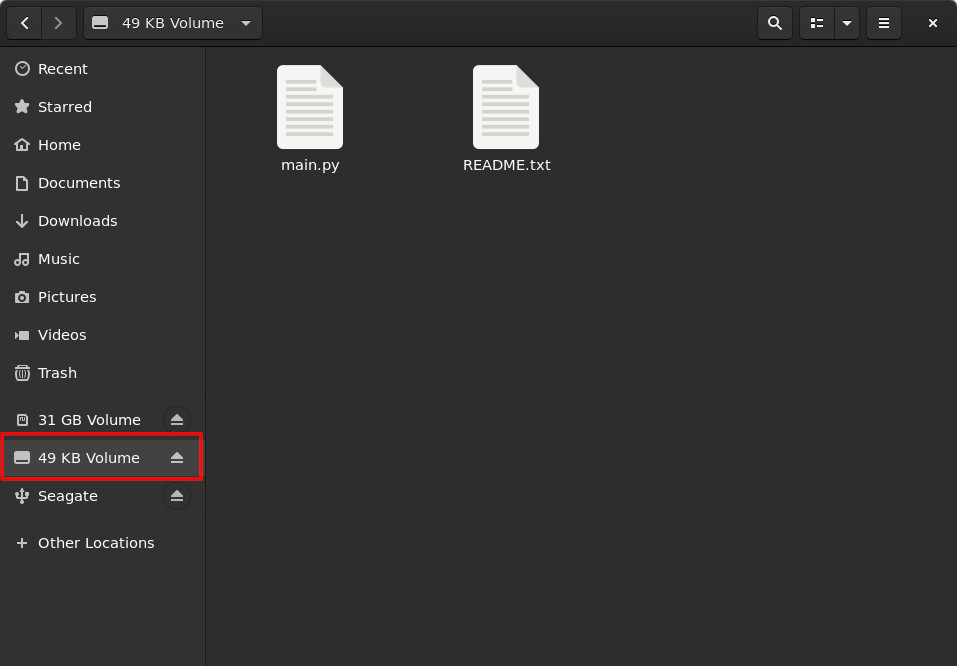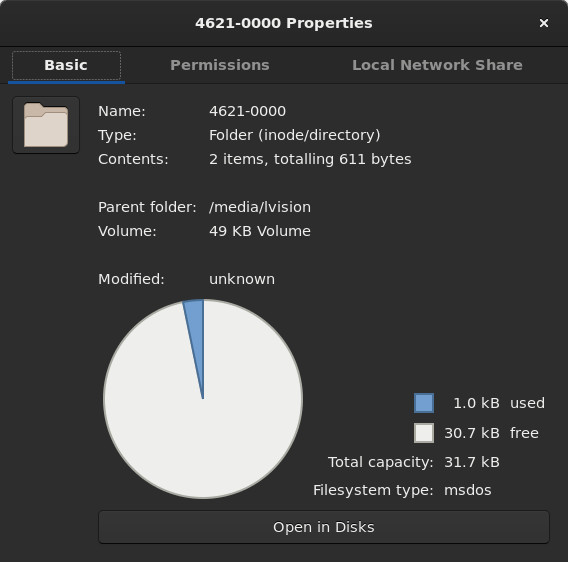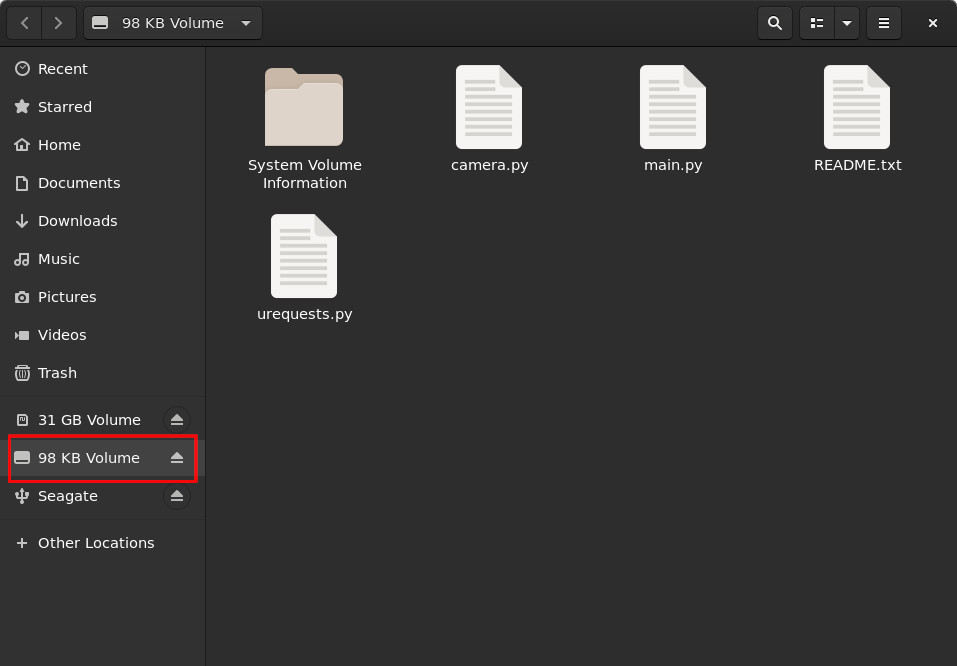1
2
3
4
5
6
7
8
9
10
11
12
13
14
15
16
17
18
19
20
21
22
23
24
25
26
27
28
29
30
31
32
33
34
35
36
37
38
39
40
41
42
43
44
45
46
47
48
49
50
51
52
53
54
55
56
57
58
59
60
61
62
63
64
65
66
67
68
69
70
71
72
73
74
75
76
77
78
79
80
81
82
83
84
85
86
87
88
89
90
91
92
93
94
95
96
97
98
99
100
101
102
103
104
105
106
107
108
109
110
111
112
113
114
115
116
117
118
119
120
121
122
123
124
125
126
127
128
129
130
131
132
133
134
135
136
137
138
139
140
141
142
143
144
145
146
147
148
149
150
151
152
153
154
155
156
157
158
159
160
161
162
163
164
165
166
167
168
169
170
171
172
173
174
175
176
177
178
179
180
181
182
183
184
185
186
187
188
189
190
191
192
193
194
195
196
197
198
199
200
201
202
203
204
205
206
207
208
209
210
211
212
213
214
215
216
217
218
219
220
221
222
223
224
225
226
227
228
229
230
231
232
233
234
235
236
237
238
239
240
241
242
243
244
245
246
247
248
249
250
251
252
253
254
255
256
257
258
259
260
261
262
263
264
265
266
267
268
269
270
271
272
273
274
275
276
277
278
279
280
281
282
283
284
285
286
287
288
289
290
291
292
293
294
295
296
297
298
299
300
301
302
303
304
305
306
307
308
309
310
311
312
313
314
315
316
317
318
319
320
321
322
323
324
325
326
327
328
329
330
331
332
333
334
335
336
337
338
339
340
341
342
343
344
345
346
347
348
349
350
351
352
353
354
355
356
357
358
359
360
361
362
363
364
365
366
367
368
369
370
371
372
373
374
375
376
377
378
379
380
381
382
383
384
385
386
387
388
389
390
391
392
393
394
395
396
397
398
399
400
401
402
403
404
405
406
407
408
409
410
411
412
413
414
415
416
417
418
419
420
421
422
423
424
425
426
427
428
429
430
431
432
433
434
435
436
437
438
439
440
441
442
443
444
445
446
447
448
449
450
451
452
453
454
455
456
457
458
459
460
461
462
463
464
465
466
467
468
469
470
471
472
473
474
475
476
477
478
479
480
481
482
483
484
485
486
487
488
489
490
491
492
493
494
495
| ➜ Zephyr pip show west
Name: west
Version: 0.6.0
Summary: Zephyr RTOS Project meta-tool
Home-page: https://github.com/zephyrproject-rtos/west
Author: Zephyr Project
Author-email: devel@lists.zephyrproject.org
License: UNKNOWN
Location: ~/.local/lib/python3.7/site-packages
Requires: PyYAML, configobj, colorama, pykwalify, setuptools
Required-by:
➜ Zephyr west init zephyrproject
=== Initializing in ....../zephyrproject
--- Cloning manifest repository from https://github.com/zephyrproject-rtos/zephyr, rev. master
Initialized empty Git repository in ....../zephyrproject/.west/manifest-tmp/.git/
remote: Enumerating objects: 7, done.
remote: Counting objects: 100% (7/7), done.
remote: Compressing objects: 100% (7/7), done.
remote: Total 359884 (delta 1), reused 0 (delta 0), pack-reused 359877
Receiving objects: 100% (359884/359884), 254.15 MiB | 12.49 MiB/s, done.
Resolving deltas: 100% (267566/267566), done.
From https://github.com/zephyrproject-rtos/zephyr
* branch master -> FETCH_HEAD
* [new branch] arm -> origin/arm
* [new branch] backport-14980-to-v1.14-branch -> origin/backport-14980-to-v1.14-branch
* [new branch] backport-15780-to-v1.14-branch -> origin/backport-15780-to-v1.14-branch
* [new branch] backport-17058-to-v1.14-branch -> origin/backport-17058-to-v1.14-branch
* [new branch] backport-17066-to-v1.14-branch -> origin/backport-17066-to-v1.14-branch
* [new branch] backport-17067-to-v1.14-branch -> origin/backport-17067-to-v1.14-branch
* [new branch] backport-17141-to-v1.14-branch -> origin/backport-17141-to-v1.14-branch
* [new branch] backport-17146-to-v1.14-branch -> origin/backport-17146-to-v1.14-branch
* [new branch] backport-17159-to-v1.14-branch -> origin/backport-17159-to-v1.14-branch
* [new branch] backport-17227-to-v1.14-branch -> origin/backport-17227-to-v1.14-branch
* [new branch] backport-17263-to-v1.14-branch -> origin/backport-17263-to-v1.14-branch
* [new branch] backport-17289-to-v1.14-branch -> origin/backport-17289-to-v1.14-branch
* [new branch] backport-17298-to-v1.14-branch -> origin/backport-17298-to-v1.14-branch
* [new branch] backport-17305-to-v1.14-branch -> origin/backport-17305-to-v1.14-branch
* [new branch] backport-17308-to-v1.14-branch -> origin/backport-17308-to-v1.14-branch
* [new branch] backport-17351-to-v1.14-branch -> origin/backport-17351-to-v1.14-branch
* [new branch] backport-17360-to-v1.14-branch -> origin/backport-17360-to-v1.14-branch
* [new branch] backport-17369-to-v1.14-branch -> origin/backport-17369-to-v1.14-branch
* [new branch] backport-17400-to-v1.14-branch -> origin/backport-17400-to-v1.14-branch
* [new branch] backport-17402-to-v1.14-branch -> origin/backport-17402-to-v1.14-branch
* [new branch] backport-17404-to-v1.14-branch -> origin/backport-17404-to-v1.14-branch
* [new branch] backport-17405-to-v1.14-branch -> origin/backport-17405-to-v1.14-branch
* [new branch] backport-17428-to-v1.14-branch -> origin/backport-17428-to-v1.14-branch
* [new branch] backport-17451-to-v1.14-branch -> origin/backport-17451-to-v1.14-branch
* [new branch] backport-17465-to-v1.14-branch -> origin/backport-17465-to-v1.14-branch
* [new branch] backport-17474-to-v1.14-branch -> origin/backport-17474-to-v1.14-branch
* [new branch] backport-17489-to-v1.14-branch -> origin/backport-17489-to-v1.14-branch
* [new branch] backport-17575-to-v1.14-branch -> origin/backport-17575-to-v1.14-branch
* [new branch] backport-17596-to-v1.14-branch -> origin/backport-17596-to-v1.14-branch
* [new branch] backport-17601-to-v1.14-branch -> origin/backport-17601-to-v1.14-branch
* [new branch] backport-17602-to-v1.14-branch -> origin/backport-17602-to-v1.14-branch
* [new branch] backport-17603-to-v1.14-branch -> origin/backport-17603-to-v1.14-branch
* [new branch] backport-17605-to-v1.14-branch -> origin/backport-17605-to-v1.14-branch
* [new branch] backport-17606-to-v1.14-branch -> origin/backport-17606-to-v1.14-branch
* [new branch] backport-17614-to-v1.14-branch -> origin/backport-17614-to-v1.14-branch
* [new branch] backport-17618-to-v1.14-branch -> origin/backport-17618-to-v1.14-branch
* [new branch] backport-17705-to-v1.14-branch -> origin/backport-17705-to-v1.14-branch
* [new branch] backport-17724-to-v1.14-branch -> origin/backport-17724-to-v1.14-branch
* [new branch] backport-17798-to-v1.14-branch -> origin/backport-17798-to-v1.14-branch
* [new branch] backport-17836-to-v1.14-branch -> origin/backport-17836-to-v1.14-branch
* [new branch] backport-17859-to-v1.14-branch -> origin/backport-17859-to-v1.14-branch
* [new branch] master -> origin/master
* [new branch] pull/17988/head -> origin/pull/17988/head
* [new branch] topic-EDTS -> origin/topic-EDTS
* [new branch] topic-sensors -> origin/topic-sensors
* [new branch] v1.10-branch -> origin/v1.10-branch
* [new branch] v1.11-branch -> origin/v1.11-branch
* [new branch] v1.12-branch -> origin/v1.12-branch
* [new branch] v1.13-branch -> origin/v1.13-branch
* [new branch] v1.14-branch -> origin/v1.14-branch
* [new branch] v1.5-branch -> origin/v1.5-branch
* [new branch] v1.6-branch -> origin/v1.6-branch
* [new branch] v1.7-branch -> origin/v1.7-branch
* [new branch] v1.8-branch -> origin/v1.8-branch
* [new branch] v1.9-branch -> origin/v1.9-branch
* [new tag] v1.0.0 -> v1.0.0
* [new tag] v1.1.0 -> v1.1.0
* [new tag] v1.1.0-rc1 -> v1.1.0-rc1
* [new tag] v1.10.0 -> v1.10.0
* [new tag] v1.10.0-rc1 -> v1.10.0-rc1
* [new tag] v1.10.0-rc2 -> v1.10.0-rc2
* [new tag] v1.10.0-rc3 -> v1.10.0-rc3
* [new tag] v1.11.0 -> v1.11.0
* [new tag] v1.11.0-rc1 -> v1.11.0-rc1
* [new tag] v1.11.0-rc2 -> v1.11.0-rc2
* [new tag] v1.11.0-rc3 -> v1.11.0-rc3
* [new tag] v1.12.0 -> v1.12.0
* [new tag] v1.12.0-rc1 -> v1.12.0-rc1
* [new tag] v1.12.0-rc2 -> v1.12.0-rc2
* [new tag] v1.12.0-rc3 -> v1.12.0-rc3
* [new tag] v1.13.0 -> v1.13.0
* [new tag] v1.13.0-rc1 -> v1.13.0-rc1
* [new tag] v1.13.0-rc2 -> v1.13.0-rc2
* [new tag] v1.13.0-rc3 -> v1.13.0-rc3
* [new tag] v1.14.0 -> v1.14.0
* [new tag] v1.14.0-rc1 -> v1.14.0-rc1
* [new tag] v1.14.0-rc2 -> v1.14.0-rc2
* [new tag] v1.14.0-rc3 -> v1.14.0-rc3
* [new tag] v1.14.1-rc1 -> v1.14.1-rc1
* [new tag] v1.2.0 -> v1.2.0
* [new tag] v1.2.0-rc1 -> v1.2.0-rc1
* [new tag] v1.2.0-rc2 -> v1.2.0-rc2
* [new tag] v1.3.0 -> v1.3.0
* [new tag] v1.3.0-rc1 -> v1.3.0-rc1
* [new tag] v1.3.0-rc2 -> v1.3.0-rc2
* [new tag] v1.4.0 -> v1.4.0
* [new tag] v1.4.0-rc1 -> v1.4.0-rc1
* [new tag] v1.4.0-rc2 -> v1.4.0-rc2
* [new tag] v1.4.0-rc3 -> v1.4.0-rc3
* [new tag] v1.5.0 -> v1.5.0
* [new tag] v1.5.0-rc0 -> v1.5.0-rc0
* [new tag] v1.5.0-rc1 -> v1.5.0-rc1
* [new tag] v1.5.0-rc2 -> v1.5.0-rc2
* [new tag] v1.5.0-rc3 -> v1.5.0-rc3
* [new tag] v1.5.0-rc4 -> v1.5.0-rc4
* [new tag] v1.6.0 -> v1.6.0
* [new tag] v1.6.0-rc1 -> v1.6.0-rc1
* [new tag] v1.6.0-rc2 -> v1.6.0-rc2
* [new tag] v1.6.0-rc3 -> v1.6.0-rc3
* [new tag] v1.6.0-rc4 -> v1.6.0-rc4
* [new tag] v1.6.1 -> v1.6.1
* [new tag] v1.6.1-rc -> v1.6.1-rc
* [new tag] v1.6.99 -> v1.6.99
* [new tag] v1.7.0 -> v1.7.0
* [new tag] v1.7.0-rc1 -> v1.7.0-rc1
* [new tag] v1.7.0-rc2 -> v1.7.0-rc2
* [new tag] v1.7.0-rc3 -> v1.7.0-rc3
* [new tag] v1.7.0-rc4 -> v1.7.0-rc4
* [new tag] v1.7.1 -> v1.7.1
* [new tag] v1.7.1-rc -> v1.7.1-rc
* [new tag] v1.7.99 -> v1.7.99
* [new tag] v1.8.0 -> v1.8.0
* [new tag] v1.8.0-rc1 -> v1.8.0-rc1
* [new tag] v1.8.0-rc2 -> v1.8.0-rc2
* [new tag] v1.8.0-rc3 -> v1.8.0-rc3
* [new tag] v1.8.0-rc4 -> v1.8.0-rc4
* [new tag] v1.8.99 -> v1.8.99
* [new tag] v1.9.0 -> v1.9.0
* [new tag] v1.9.0-rc1 -> v1.9.0-rc1
* [new tag] v1.9.0-rc2 -> v1.9.0-rc2
* [new tag] v1.9.0-rc3 -> v1.9.0-rc3
* [new tag] v1.9.0-rc4 -> v1.9.0-rc4
* [new tag] v1.9.1 -> v1.9.1
* [new tag] v1.9.2 -> v1.9.2
* [new tag] zephyr-v1.0.0 -> zephyr-v1.0.0
* [new tag] zephyr-v1.1.0 -> zephyr-v1.1.0
* [new tag] zephyr-v1.10.0 -> zephyr-v1.10.0
* [new tag] zephyr-v1.11.0 -> zephyr-v1.11.0
* [new tag] zephyr-v1.12.0 -> zephyr-v1.12.0
* [new tag] zephyr-v1.13.0 -> zephyr-v1.13.0
* [new tag] zephyr-v1.14.0 -> zephyr-v1.14.0
* [new tag] zephyr-v1.2.0 -> zephyr-v1.2.0
* [new tag] zephyr-v1.3.0 -> zephyr-v1.3.0
* [new tag] zephyr-v1.4.0 -> zephyr-v1.4.0
* [new tag] zephyr-v1.5.0 -> zephyr-v1.5.0
* [new tag] zephyr-v1.6.0 -> zephyr-v1.6.0
* [new tag] zephyr-v1.6.1 -> zephyr-v1.6.1
* [new tag] zephyr-v1.7.0 -> zephyr-v1.7.0
* [new tag] zephyr-v1.7.1 -> zephyr-v1.7.1
* [new tag] zephyr-v1.8.0 -> zephyr-v1.8.0
* [new tag] zephyr-v1.9.0 -> zephyr-v1.9.0
* [new tag] zephyr-v1.9.1 -> zephyr-v1.9.1
* [new tag] zephyr-v1.9.2 -> zephyr-v1.9.2
77db273f6f84b3d94d34b5e72070ec6bc31e41cf refs/remotes/origin/master
Checking out files: 100% (11758/11758), done.
Branch 'master' set up to track remote branch 'master' from 'origin'.
Already on 'master'
=== Initialized. Now run "west update" inside ....../zephyrproject.
➜ Zephyr cd zephyrproject
➜ zephyrproject west update
=== updating ci-tools (tools/ci-tools):
--- ci-tools: cloning and initializing
Initialized empty Git repository in ....../zephyrproject/tools/ci-tools/.git/
--- ci-tools: fetching changes
remote: Enumerating objects: 40, done.
remote: Counting objects: 100% (40/40), done.
remote: Compressing objects: 100% (37/37), done.
remote: Total 396 (delta 27), reused 15 (delta 3), pack-reused 356
Receiving objects: 100% (396/396), 114.12 KiB | 990.00 KiB/s, done.
Resolving deltas: 100% (259/259), done.
From https://github.com/zephyrproject-rtos/ci-tools
* [new branch] cc-crlf -> refs/west/cc-crlf
* [new branch] master -> refs/west/master
* [new branch] v1.14-branch -> refs/west/v1.14-branch
* [new branch] whatchanged -> refs/west/whatchanged
HEAD is now at d56f2dd compliance: clarify CODEOWNER message
--- ci-tools: checked out d56f2dd3510e20fa8cf4aad442495c08a658113f as detached HEAD
=== updating civetweb (modules/lib/civetweb):
--- civetweb: cloning and initializing
Initialized empty Git repository in ....../zephyrproject/modules/lib/civetweb/.git/
--- civetweb: fetching changes
remote: Enumerating objects: 112, done.
remote: Counting objects: 100% (112/112), done.
remote: Compressing objects: 100% (72/72), done.
remote: Total 21202 (delta 57), reused 81 (delta 37), pack-reused 21090
Receiving objects: 100% (21202/21202), 24.50 MiB | 21.95 MiB/s, done.
Resolving deltas: 100% (13585/13585), done.
From https://github.com/antmicro/civetweb
* [new branch] 1.9 -> refs/west/1.9
* [new branch] array_size_check -> refs/west/array_size_check
* [new branch] initial-dirty-zephyr-port -> refs/west/initial-dirty-zephyr-port
* [new branch] master -> refs/west/master
* [new branch] no-filesystems -> refs/west/no-filesystems
* [new branch] no-filesystems-fixes -> refs/west/no-filesystems-fixes
* [new branch] no-filesystems-follow-up -> refs/west/no-filesystems-follow-up
* [new branch] no-filesytems-followup -> refs/west/no-filesytems-followup
* [new branch] wip-ssl-error-queue -> refs/west/wip-ssl-error-queue
* [new branch] wip-zephyr-port -> refs/west/wip-zephyr-port
* [new branch] zephyr-buildsystem-fix -> refs/west/zephyr-buildsystem-fix
* [new branch] zephyr-rtos-port -> refs/west/zephyr-rtos-port
* [new branch] zephyr-sample -> refs/west/zephyr-sample
* [new tag] v1.1 -> v1.1
* [new tag] v1.10 -> v1.10
* [new tag] v1.11 -> v1.11
* [new tag] v1.2 -> v1.2
* [new tag] v1.3 -> v1.3
* [new tag] v1.4 -> v1.4
* [new tag] v1.5 -> v1.5
* [new tag] v1.6 -> v1.6
* [new tag] v1.7 -> v1.7
* [new tag] v1.8 -> v1.8
* [new tag] v1.9 -> v1.9
* [new tag] v1.9.1 -> v1.9.1
HEAD is now at 7ffad765 Merge pull request #773 from antmicro/zephyr-buildsystem-fix
--- civetweb: checked out 7ffad765f9a63a7bab3432ca45248981f559d559 as detached HEAD
=== updating esp-idf (modules/hal/esp-idf):
--- esp-idf: cloning and initializing
Initialized empty Git repository in ....../zephyrproject/modules/hal/esp-idf/.git/
--- esp-idf: fetching changes
remote: Enumerating objects: 76449, done.
remote: Counting objects: 100% (76449/76449), done.
remote: Compressing objects: 100% (19840/19840), done.
remote: Total 76449 (delta 54455), reused 76449 (delta 54455), pack-reused 0
Receiving objects: 100% (76449/76449), 69.09 MiB | 24.97 MiB/s, done.
Resolving deltas: 100% (54455/54455), done.
From https://github.com/zephyrproject-rtos/esp-idf
* [new branch] master -> refs/west/master
* [new branch] v1.14-branch -> refs/west/v1.14-branch
* [new branch] zephyr -> refs/west/zephyr
HEAD is now at 6835bfc74 module: add zephyr integration
--- esp-idf: checked out 6835bfc741bf15e98fb7971293913f770df6081f as detached HEAD
=== updating fatfs (modules/fs/fatfs):
--- fatfs: cloning and initializing
Initialized empty Git repository in ....../zephyrproject/modules/fs/fatfs/.git/
--- fatfs: fetching changes
remote: Enumerating objects: 92, done.
remote: Counting objects: 100% (92/92), done.
remote: Compressing objects: 100% (45/45), done.
remote: Total 92 (delta 45), reused 92 (delta 45), pack-reused 0
Unpacking objects: 100% (92/92), done.
From https://github.com/zephyrproject-rtos/fatfs
* [new branch] master -> refs/west/master
* [new branch] v1.14-branch -> refs/west/v1.14-branch
HEAD is now at df96914 zephyr: add fatfs as a module
--- fatfs: checked out df96914dd989907f3a5de4cb95b116c2f305820d as detached HEAD
=== updating hal_qmsi (modules/hal/qmsi):
--- hal_qmsi: cloning and initializing
Initialized empty Git repository in ....../zephyrproject/modules/hal/qmsi/.git/
--- hal_qmsi: fetching changes
remote: Enumerating objects: 803, done.
remote: Counting objects: 100% (803/803), done.
remote: Compressing objects: 100% (253/253), done.
remote: Total 803 (delta 490), reused 800 (delta 488), pack-reused 0
Receiving objects: 100% (803/803), 517.11 KiB | 1.78 MiB/s, done.
Resolving deltas: 100% (490/490), done.
From https://github.com/zephyrproject-rtos/hal_qmsi
* [new branch] master -> refs/west/master
* [new branch] v1.14-branch -> refs/west/v1.14-branch
HEAD is now at 9195fe6 zephyr: remove kconfig from module
--- hal_qmsi: checked out 9195fe6f97e4f7f25a3fc9e5a515f1b7af13762c as detached HEAD
=== updating hal_cypress (modules/hal/cypress):
--- hal_cypress: cloning and initializing
Initialized empty Git repository in ....../zephyrproject/modules/hal/cypress/.git/
--- hal_cypress: fetching changes
remote: Enumerating objects: 305, done.
remote: Counting objects: 100% (305/305), done.
remote: Compressing objects: 100% (198/198), done.
remote: Total 305 (delta 97), reused 305 (delta 97), pack-reused 0
Receiving objects: 100% (305/305), 954.91 KiB | 2.44 MiB/s, done.
Resolving deltas: 100% (97/97), done.
From https://github.com/zephyrproject-rtos/hal_cypress
* [new branch] master -> refs/west/master
* [new branch] v1.14-branch -> refs/west/v1.14-branch
HEAD is now at a12d928 zephyr: move kconfig to the zephyr tree
--- hal_cypress: checked out a12d92816a53a521d79cefcf5c38b9dc8a4fed6e as detached HEAD
=== updating hal_silabs (modules/hal/silabs):
--- hal_silabs: cloning and initializing
Initialized empty Git repository in ....../zephyrproject/modules/hal/silabs/.git/
--- hal_silabs: fetching changes
remote: Enumerating objects: 1175, done.
remote: Counting objects: 100% (1175/1175), done.
remote: Compressing objects: 100% (299/299), done.
remote: Total 1175 (delta 857), reused 1175 (delta 857), pack-reused 0
Receiving objects: 100% (1175/1175), 3.33 MiB | 6.52 MiB/s, done.
Resolving deltas: 100% (857/857), done.
From https://github.com/zephyrproject-rtos/hal_silabs
* [new branch] master -> refs/west/master
* [new branch] v1.14-branch -> refs/west/v1.14-branch
HEAD is now at 9151e61 zephyr: move kconfig to the zephyr tree
--- hal_silabs: checked out 9151e614c23997074acd1096a3e8a9e5c255d5b9 as detached HEAD
=== updating hal_st (modules/hal/st):
--- hal_st: cloning and initializing
Initialized empty Git repository in ....../zephyrproject/modules/hal/st/.git/
--- hal_st: fetching changes
remote: Enumerating objects: 7103, done.
remote: Counting objects: 100% (7103/7103), done.
remote: Compressing objects: 100% (1018/1018), done.
remote: Total 7103 (delta 5953), reused 7094 (delta 5946), pack-reused 0
Receiving objects: 100% (7103/7103), 22.25 MiB | 15.60 MiB/s, done.
Resolving deltas: 100% (5953/5953), done.
From https://github.com/zephyrproject-rtos/hal_st
* [new branch] master -> refs/west/master
* [new branch] v1.14-branch -> refs/west/v1.14-branch
HEAD is now at 0ec40ae sensor/stmemsc: Introduce STMEMS Standard C Drivers
--- hal_st: checked out 0ec40aed8087f26bd9ac1b70fb5a6c326a6451aa as detached HEAD
=== updating hal_stm32 (modules/hal/stm32):
--- hal_stm32: cloning and initializing
Initialized empty Git repository in ....../zephyrproject/modules/hal/stm32/.git/
--- hal_stm32: fetching changes
remote: Enumerating objects: 44, done.
remote: Counting objects: 100% (44/44), done.
remote: Compressing objects: 100% (37/37), done.
remote: Total 9226 (delta 15), reused 26 (delta 6), pack-reused 9182
Receiving objects: 100% (9226/9226), 29.54 MiB | 20.52 MiB/s, done.
Resolving deltas: 100% (7787/7787), done.
From https://github.com/zephyrproject-rtos/hal_stm32
* [new branch] fix_l4_can -> refs/west/fix_l4_can
* [new branch] master -> refs/west/master
HEAD is now at 49c2685 stm32mp1: add i2c ll driver
--- hal_stm32: checked out 49c26855a651087578b79707fae4ddbb1c0b207d as detached HEAD
=== updating libmetal (modules/hal/libmetal):
--- libmetal: cloning and initializing
Initialized empty Git repository in ....../zephyrproject/modules/hal/libmetal/.git/
--- libmetal: fetching changes
remote: Enumerating objects: 412, done.
remote: Counting objects: 100% (412/412), done.
remote: Compressing objects: 100% (208/208), done.
remote: Total 412 (delta 200), reused 412 (delta 200), pack-reused 0
Receiving objects: 100% (412/412), 143.22 KiB | 971.00 KiB/s, done.
Resolving deltas: 100% (200/200), done.
From https://github.com/zephyrproject-rtos/libmetal
* [new branch] master -> refs/west/master
* [new branch] v1.14-branch -> refs/west/v1.14-branch
HEAD is now at 45e630d zephyr: move kconfig to the zephyr tree
--- libmetal: checked out 45e630d6152824f807d3f919958605c4626cbdff as detached HEAD
=== updating lvgl (modules/lib/gui/lvgl):
--- lvgl: cloning and initializing
Initialized empty Git repository in ....../zephyrproject/modules/lib/gui/lvgl/.git/
--- lvgl: fetching changes
remote: Enumerating objects: 21, done.
remote: Counting objects: 100% (21/21), done.
remote: Compressing objects: 100% (15/15), done.
remote: Total 19509 (delta 5), reused 15 (delta 4), pack-reused 19488
Receiving objects: 100% (19509/19509), 14.28 MiB | 16.21 MiB/s, done.
Resolving deltas: 100% (15472/15472), done.
From https://github.com/zephyrproject-rtos/lvgl
* [new branch] master -> refs/west/master
* [new branch] zephyr -> refs/west/zephyr
HEAD is now at a4626e82 lv_canvas: fix with LV_COLOR_16_SWAP
--- lvgl: checked out a4626e82781aecec137250f56d79961ca2f50b7b as detached HEAD
=== updating mbedtls (modules/crypto/mbedtls):
--- mbedtls: cloning and initializing
Initialized empty Git repository in ....../zephyrproject/modules/crypto/mbedtls/.git/
--- mbedtls: fetching changes
remote: Enumerating objects: 1029, done.
remote: Counting objects: 100% (1029/1029), done.
remote: Compressing objects: 100% (249/249), done.
remote: Total 1029 (delta 767), reused 1024 (delta 762), pack-reused 0
Receiving objects: 100% (1029/1029), 1.14 MiB | 3.30 MiB/s, done.
Resolving deltas: 100% (767/767), done.
From https://github.com/zephyrproject-rtos/mbedtls
* [new branch] master -> refs/west/master
* [new branch] v1.14-branch -> refs/west/v1.14-branch
HEAD is now at ca32746 kconfig: move to main tree
--- mbedtls: checked out ca32746072ce3381f1c9ae46ba6cd34c69f8c0ee as detached HEAD
=== updating mcumgr (modules/lib/mcumgr):
--- mcumgr: cloning and initializing
Initialized empty Git repository in ....../zephyrproject/modules/lib/mcumgr/.git/
--- mcumgr: fetching changes
remote: Enumerating objects: 271, done.
remote: Counting objects: 100% (271/271), done.
remote: Compressing objects: 100% (94/94), done.
remote: Total 271 (delta 129), reused 268 (delta 127), pack-reused 0
Receiving objects: 100% (271/271), 74.20 KiB | 1.03 MiB/s, done.
Resolving deltas: 100% (129/129), done.
From https://github.com/zephyrproject-rtos/mcumgr
* [new branch] master -> refs/west/master
* [new branch] v1.14-branch -> refs/west/v1.14-branch
HEAD is now at 8493495 kconfig: move Kconfig to main tree
--- mcumgr: checked out 84934959d2d1722a23b7e7e200191ae4a6f96168 as detached HEAD
=== updating net-tools (tools/net-tools):
--- net-tools: cloning and initializing
Initialized empty Git repository in ....../zephyrproject/tools/net-tools/.git/
--- net-tools: fetching changes
remote: Enumerating objects: 5, done.
remote: Counting objects: 100% (5/5), done.
remote: Compressing objects: 100% (4/4), done.
remote: Total 1341 (delta 1), reused 2 (delta 1), pack-reused 1336
Receiving objects: 100% (1341/1341), 2.56 MiB | 5.37 MiB/s, done.
Resolving deltas: 100% (445/445), done.
From https://github.com/zephyrproject-rtos/net-tools
* [new branch] master -> refs/west/master
HEAD is now at 30b7efa net-setup: zeth-vlan.conf: Add IP addresses to zeth
--- net-tools: checked out 30b7efa827b04d2e47840716b0372737fe7d6c92 as detached HEAD
=== updating nffs (modules/fs/nffs):
--- nffs: cloning and initializing
Initialized empty Git repository in ....../zephyrproject/modules/fs/nffs/.git/
--- nffs: fetching changes
remote: Enumerating objects: 62, done.
remote: Counting objects: 100% (62/62), done.
remote: Compressing objects: 100% (40/40), done.
remote: Total 62 (delta 19), reused 61 (delta 18), pack-reused 0
Unpacking objects: 100% (62/62), done.
From https://github.com/zephyrproject-rtos/nffs
* [new branch] master -> refs/west/master
* [new branch] v1.14-branch -> refs/west/v1.14-branch
HEAD is now at bc62a2f zephyr: add as a zephyr module
--- nffs: checked out bc62a2fa9d98ddb5d633c932ea199bc68e10f194 as detached HEAD
=== updating open-amp (modules/lib/open-amp):
--- open-amp: cloning and initializing
Initialized empty Git repository in ....../zephyrproject/modules/lib/open-amp/.git/
--- open-amp: fetching changes
remote: Enumerating objects: 204, done.
remote: Counting objects: 100% (204/204), done.
remote: Compressing objects: 100% (139/139), done.
remote: Total 204 (delta 57), reused 200 (delta 54), pack-reused 0
Receiving objects: 100% (204/204), 1.44 MiB | 3.89 MiB/s, done.
Resolving deltas: 100% (57/57), done.
From https://github.com/zephyrproject-rtos/open-amp
* [new branch] master -> refs/west/master
* [new branch] v1.14-branch -> refs/west/v1.14-branch
HEAD is now at 9b591b2 cmake: fix zephyr library abstraction violation
--- open-amp: checked out 9b591b289e1f37339bd038b5a1f0e6c8ad39c63a as detached HEAD
=== updating openthread (modules/lib/openthread):
--- openthread: cloning and initializing
Initialized empty Git repository in ....../zephyrproject/modules/lib/openthread/.git/
--- openthread: fetching changes
remote: Enumerating objects: 5810, done.
remote: Counting objects: 100% (5810/5810), done.
remote: Compressing objects: 100% (2007/2007), done.
remote: Total 48001 (delta 4409), reused 4649 (delta 3782), pack-reused 42191
Receiving objects: 100% (48001/48001), 59.56 MiB | 24.88 MiB/s, done.
Resolving deltas: 100% (36241/36241), done.
From https://github.com/zephyrproject-rtos/openthread
* [new branch] master -> refs/west/master
* [new branch] zephyr -> refs/west/zephyr
HEAD is now at 0dbecf50 west: add zephyr module
--- openthread: checked out 0dbecf508e7a79aae8ed9631f1a63fc65478b213 as detached HEAD
=== updating segger (modules/debug/segger):
--- segger: cloning and initializing
Initialized empty Git repository in ....../zephyrproject/modules/debug/segger/.git/
--- segger: fetching changes
remote: Enumerating objects: 140, done.
remote: Counting objects: 100% (140/140), done.
remote: Compressing objects: 100% (68/68), done.
remote: Total 140 (delta 69), reused 140 (delta 69), pack-reused 0
Receiving objects: 100% (140/140), 73.45 KiB | 529.00 KiB/s, done.
Resolving deltas: 100% (69/69), done.
From https://github.com/zephyrproject-rtos/segger
* [new branch] master -> refs/west/master
* [new branch] v1.14-branch -> refs/west/v1.14-branch
HEAD is now at 6fcf616 ext: segger: update to SystemView v2.52h
--- segger: checked out 6fcf61606d6012d2c44129edc033f59331e268bc as detached HEAD
=== updating tinycbor (modules/lib/tinycbor):
--- tinycbor: cloning and initializing
Initialized empty Git repository in ....../zephyrproject/modules/lib/tinycbor/.git/
--- tinycbor: fetching changes
remote: Enumerating objects: 4, done.
remote: Counting objects: 100% (4/4), done.
remote: Compressing objects: 100% (2/2), done.
remote: Total 1729 (delta 0), reused 2 (delta 0), pack-reused 1725
Receiving objects: 100% (1729/1729), 1.11 MiB | 2.90 MiB/s, done.
Resolving deltas: 100% (1086/1086), done.
From https://github.com/zephyrproject-rtos/tinycbor
* [new branch] dev -> refs/west/dev
* [new branch] gh-pages -> refs/west/gh-pages
* [new branch] master -> refs/west/master
* [new branch] zephyr -> refs/west/zephyr
* [new tag] v0.1 -> v0.1
* [new tag] v0.2 -> v0.2
* [new tag] v0.2.1 -> v0.2.1
* [new tag] v0.3 -> v0.3
* [new tag] v0.3.1 -> v0.3.1
* [new tag] v0.3.2 -> v0.3.2
* [new tag] v0.4 -> v0.4
* [new tag] v0.4.1 -> v0.4.1
* [new tag] v0.4.2 -> v0.4.2
* [new tag] v0.5-beta1 -> v0.5-beta1
* [new tag] v0.5.0 -> v0.5.0
HEAD is now at 31ae89e zephyr: remove kconfig from module
--- tinycbor: checked out 31ae89e4b768612722620cb6cb173a0de4a19cc9 as detached HEAD
➜ zephyrproject
|


